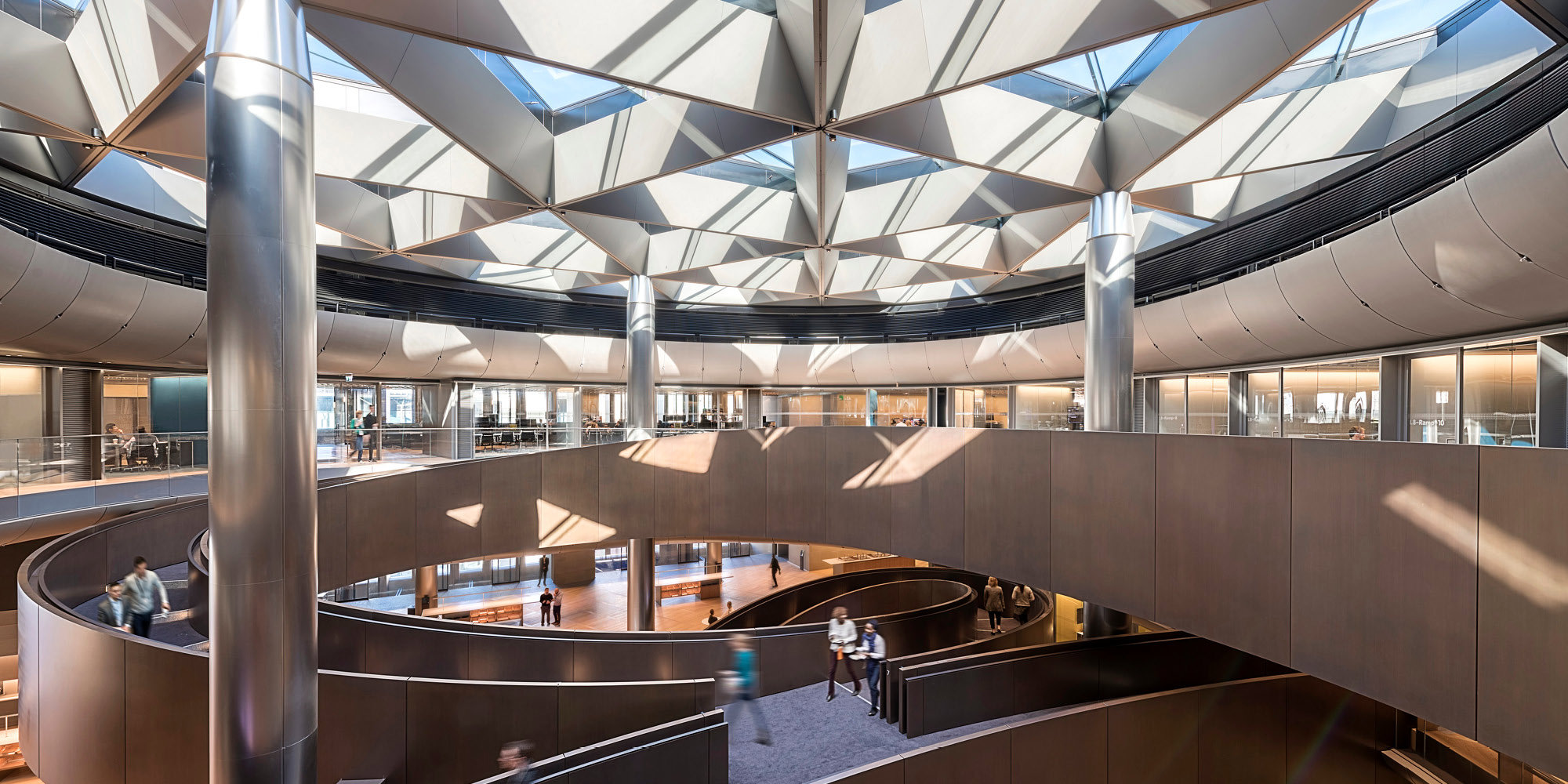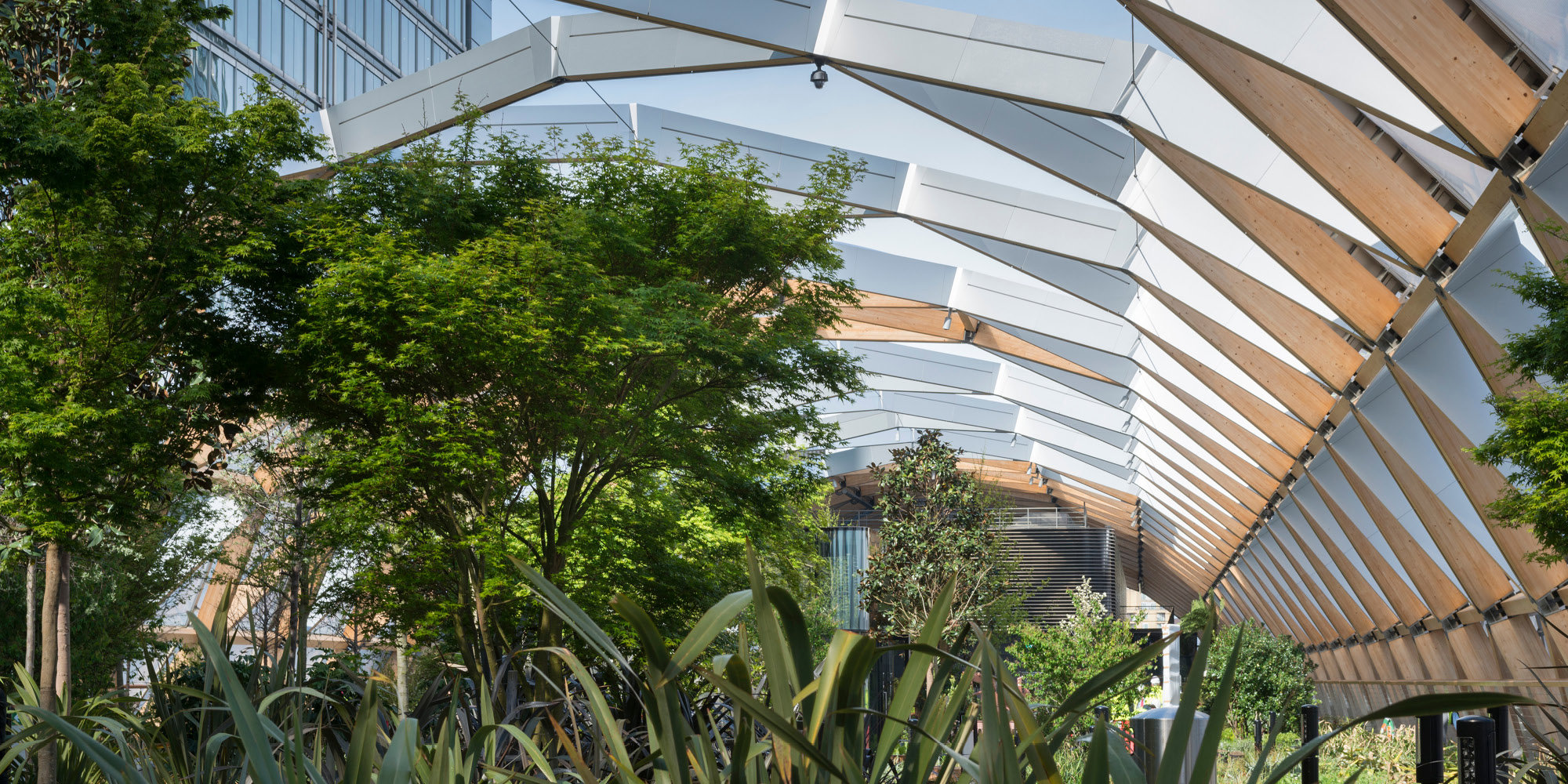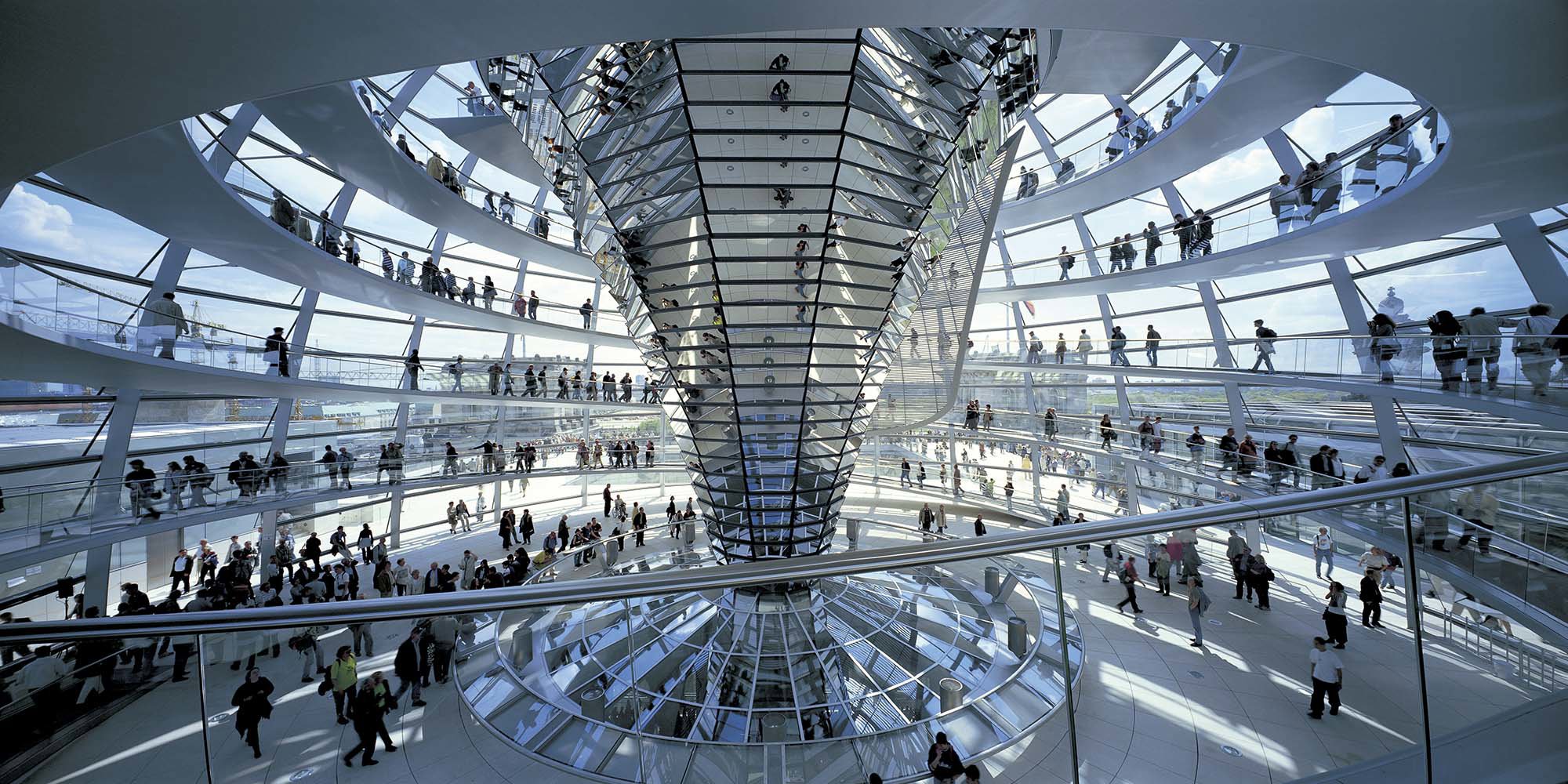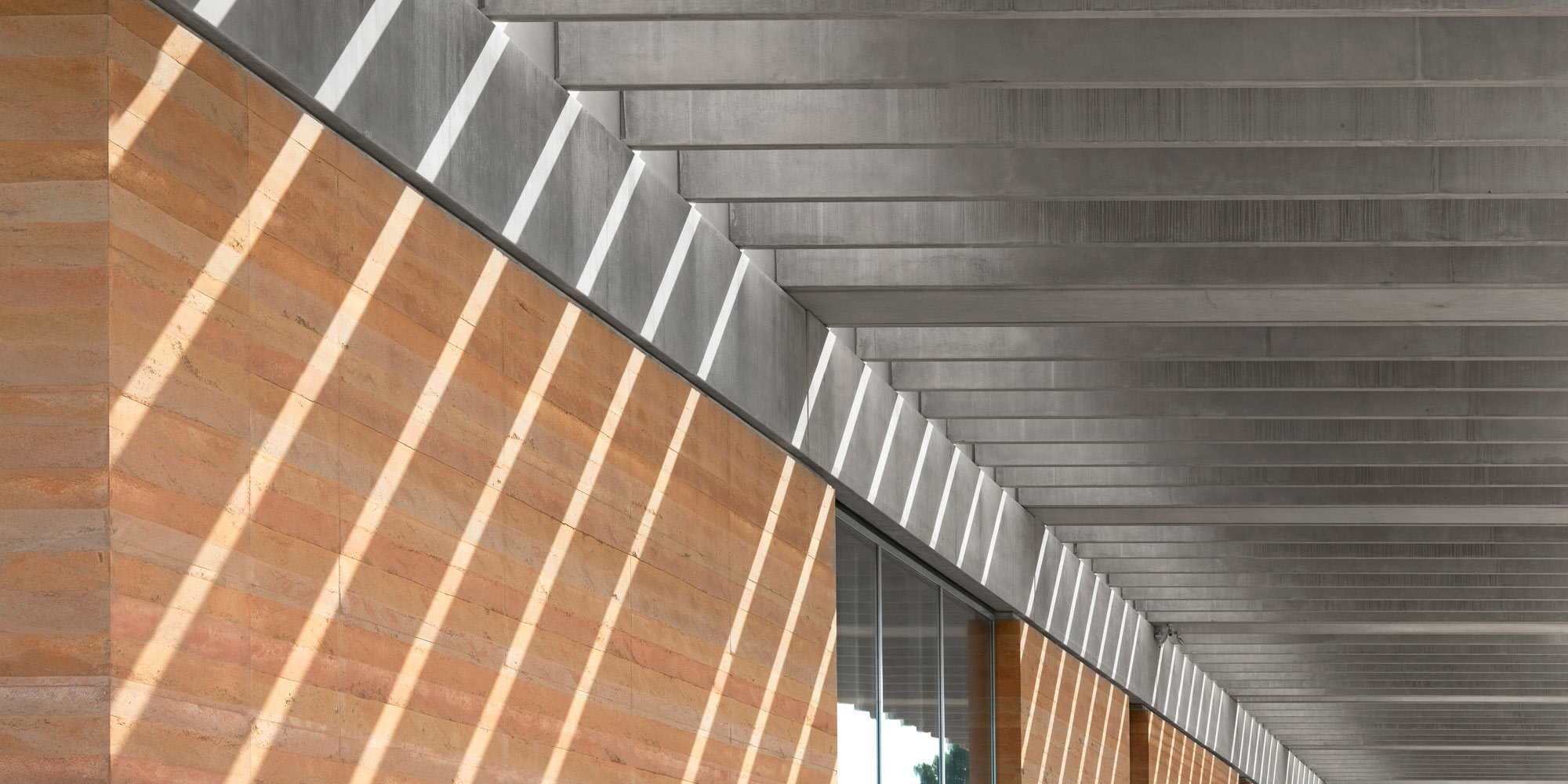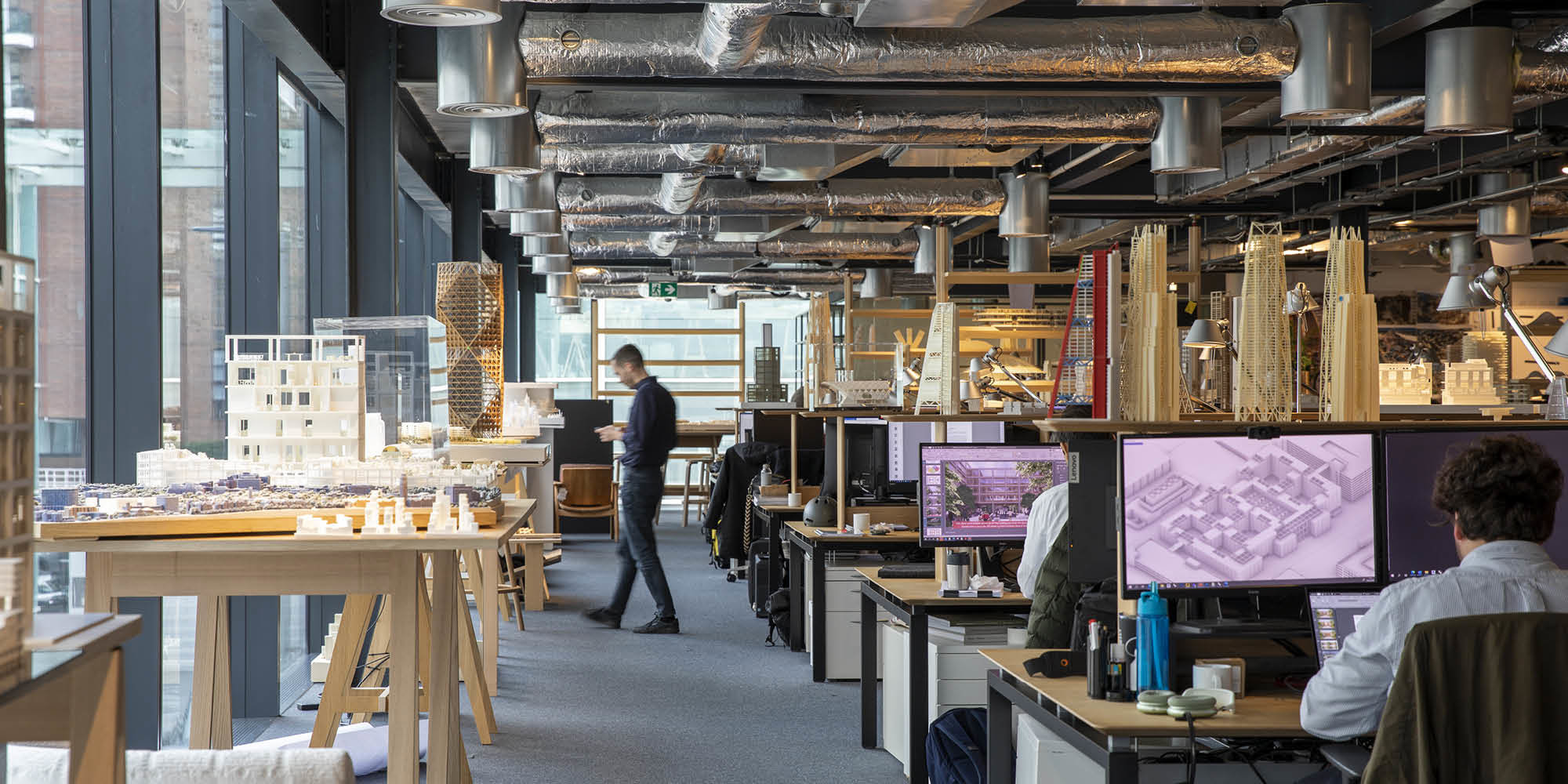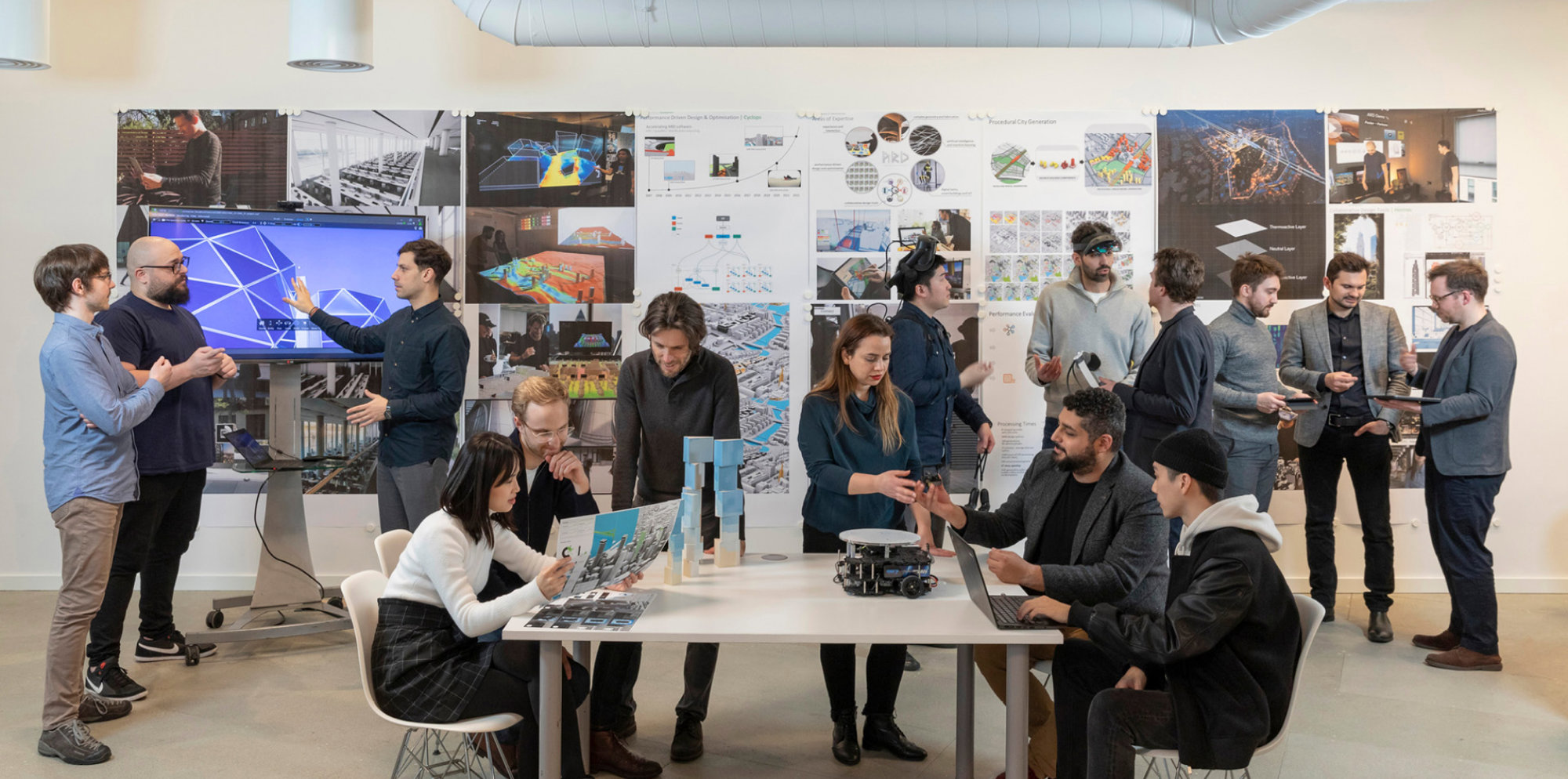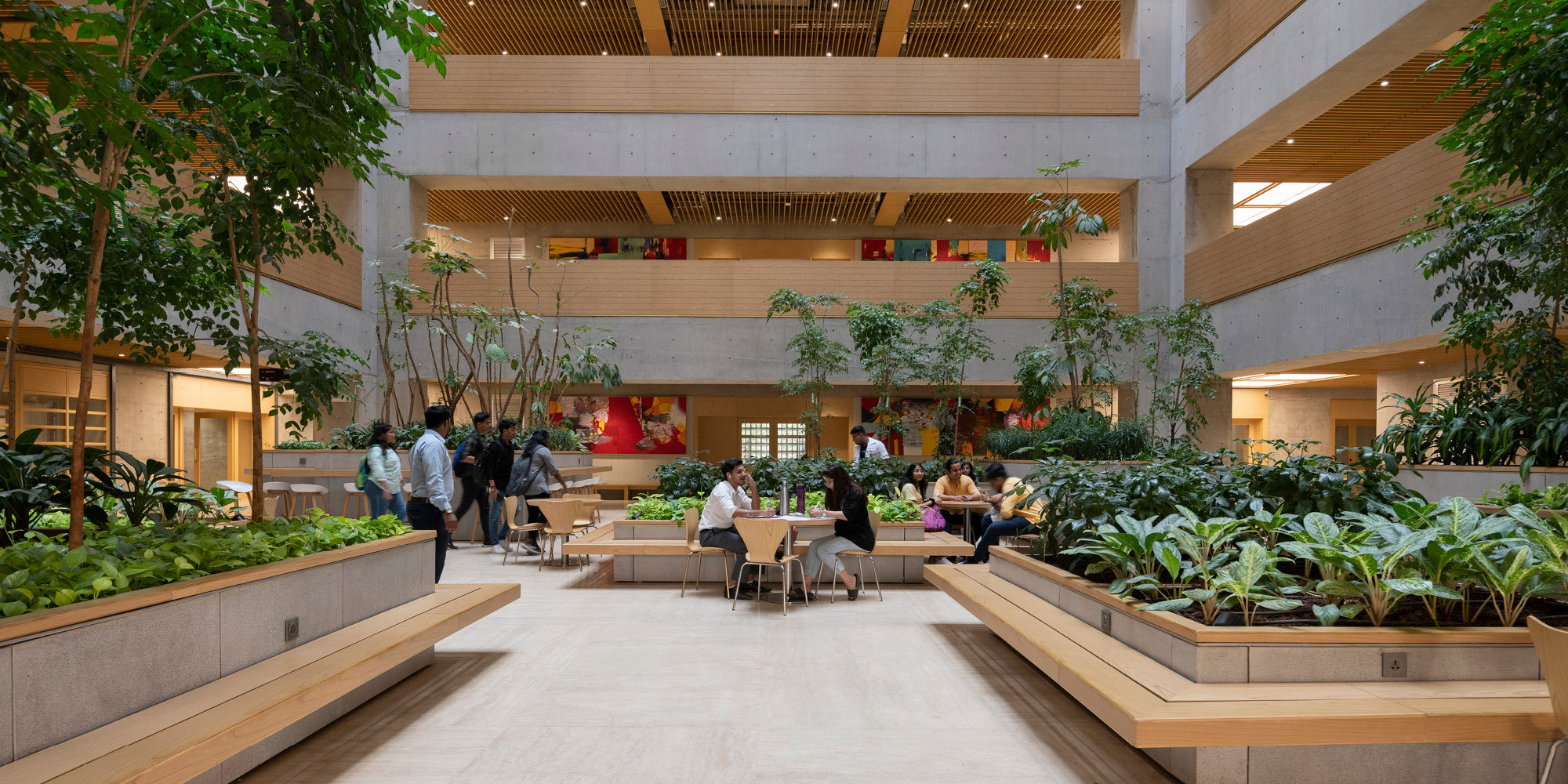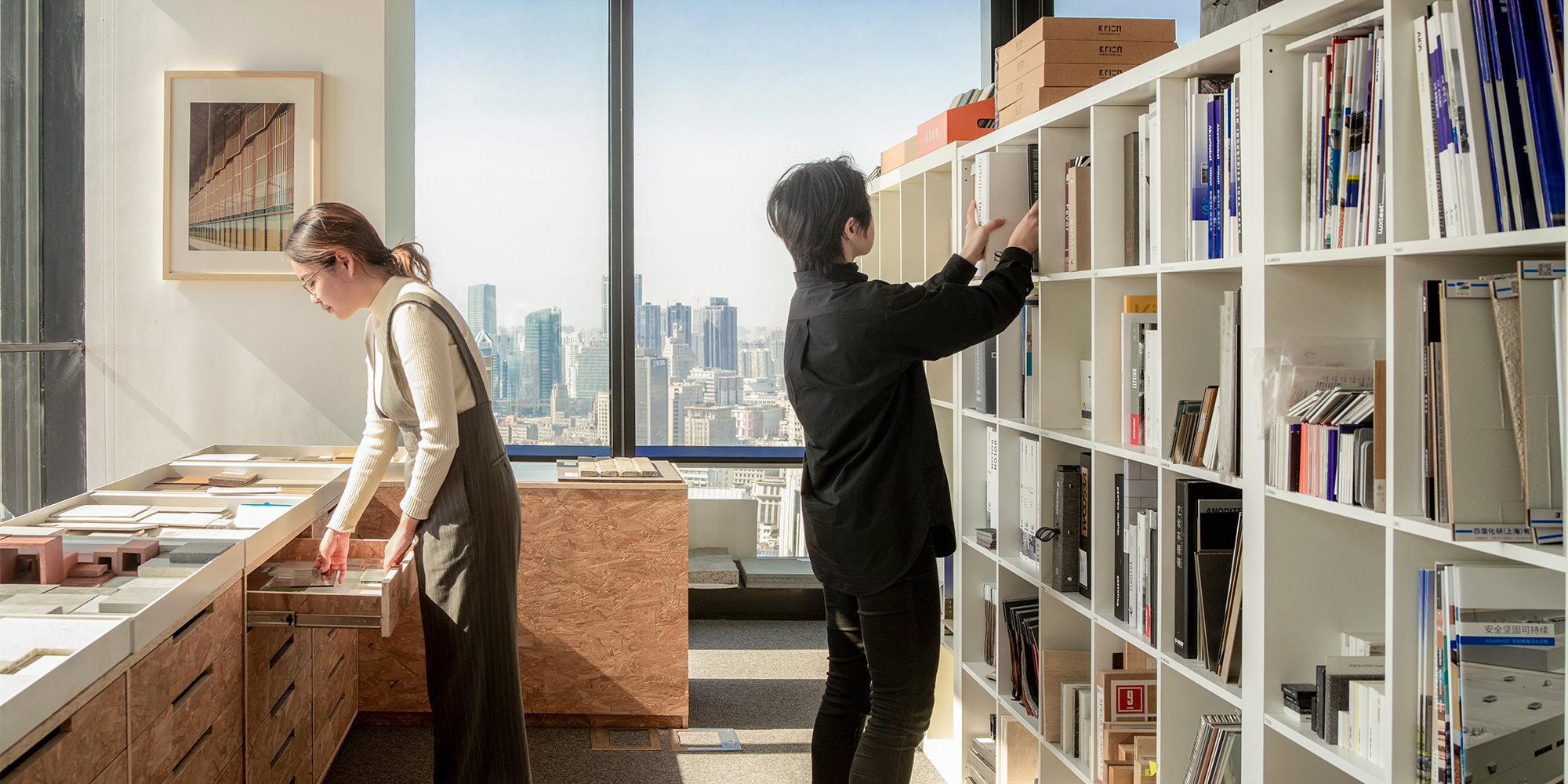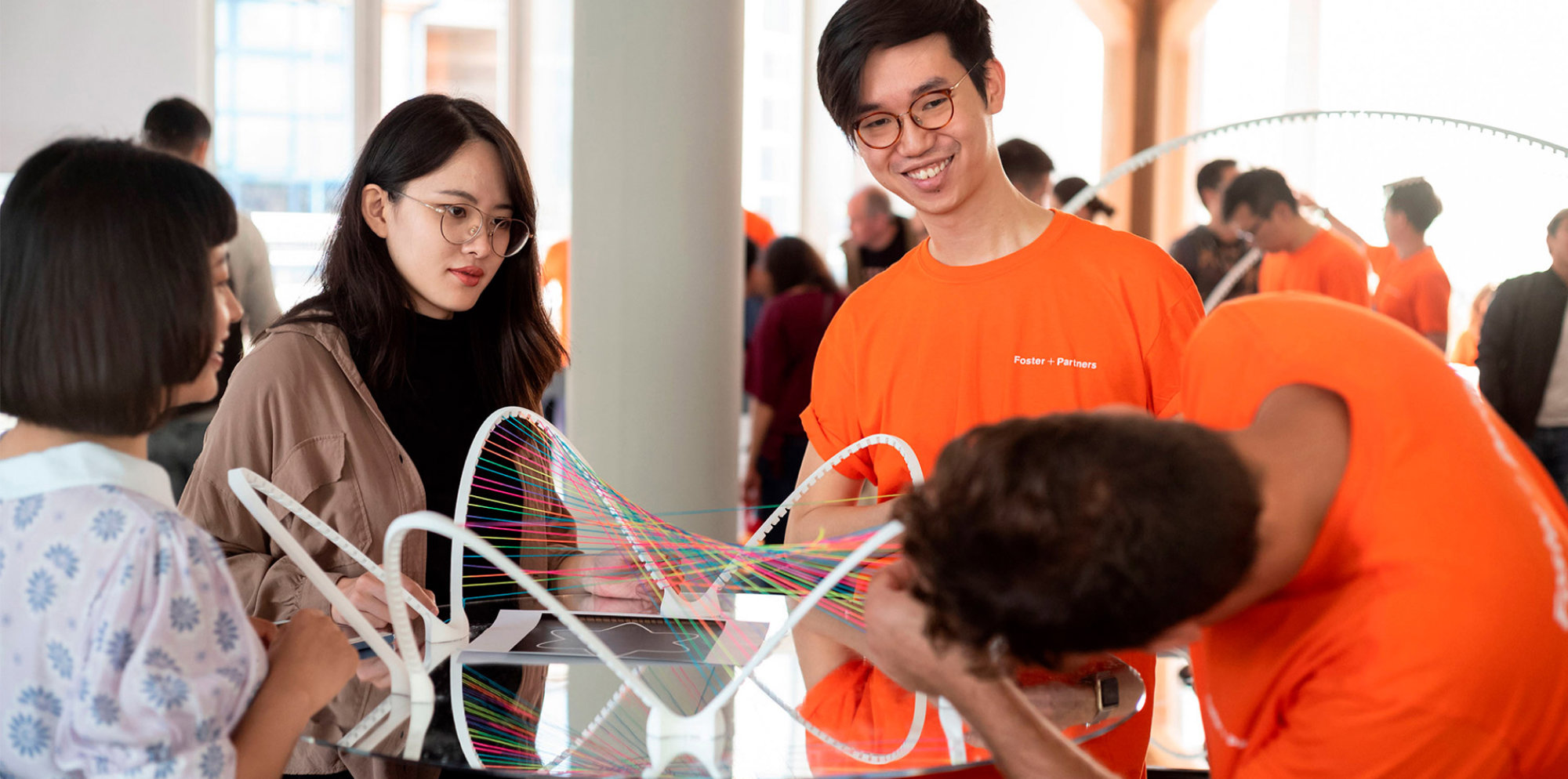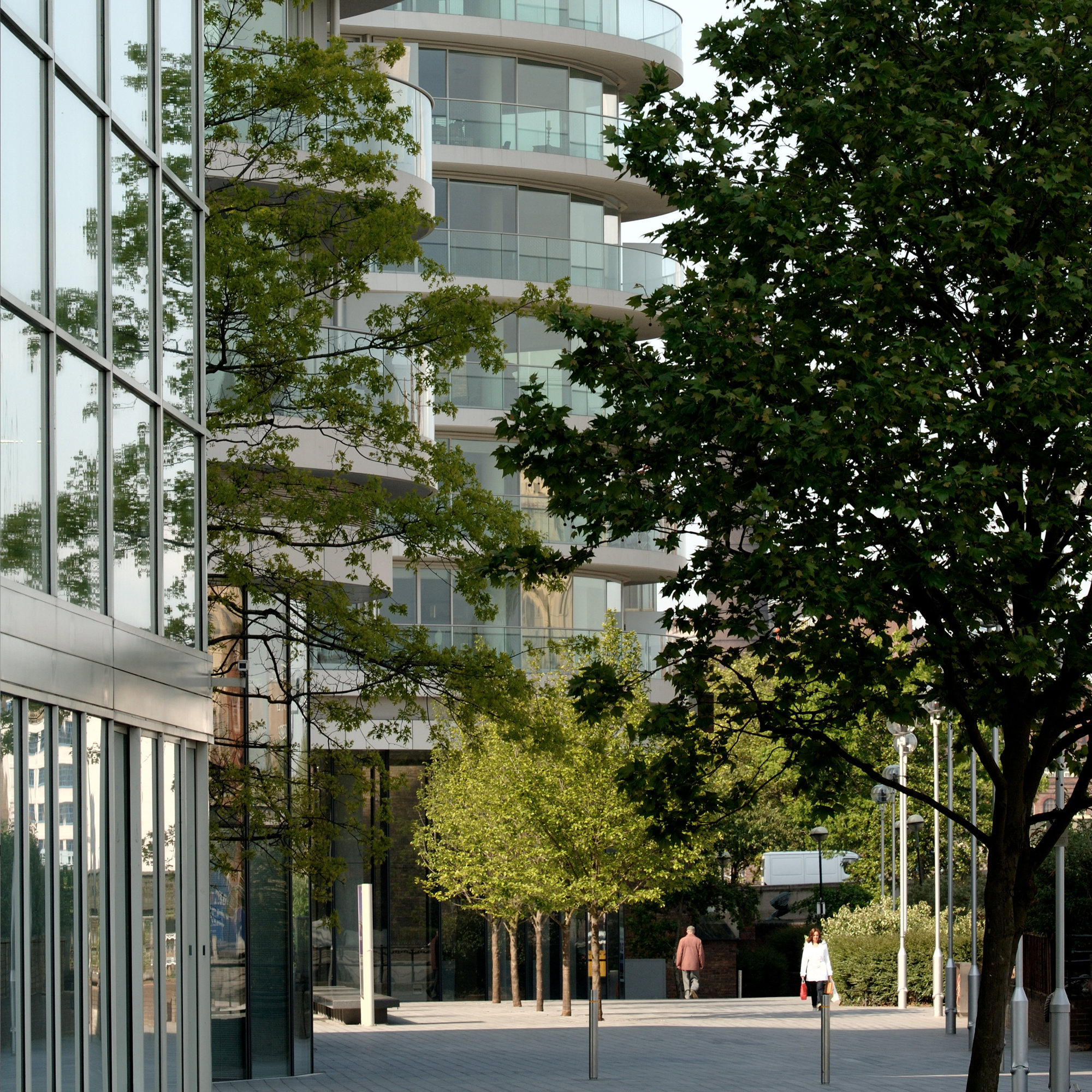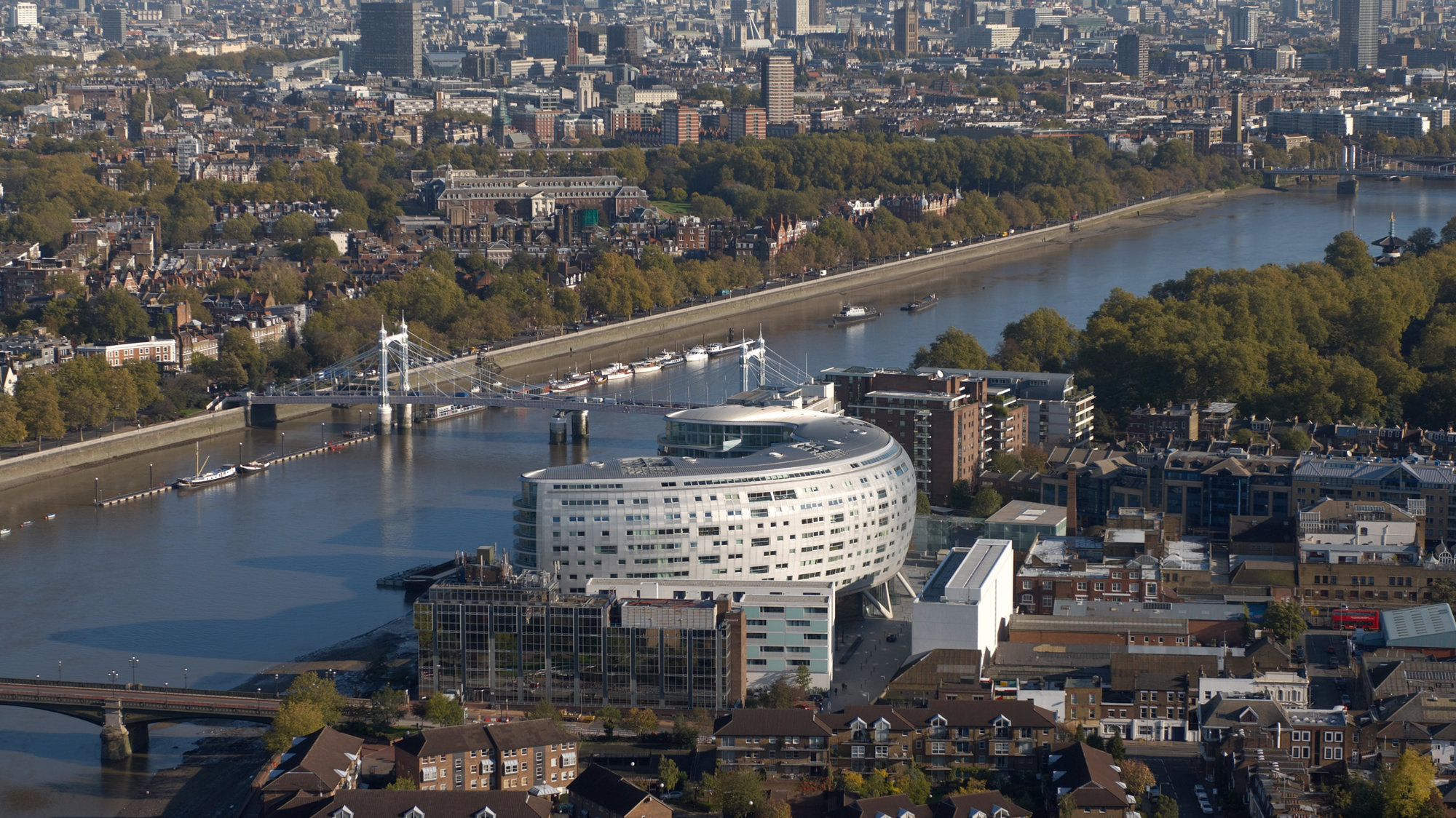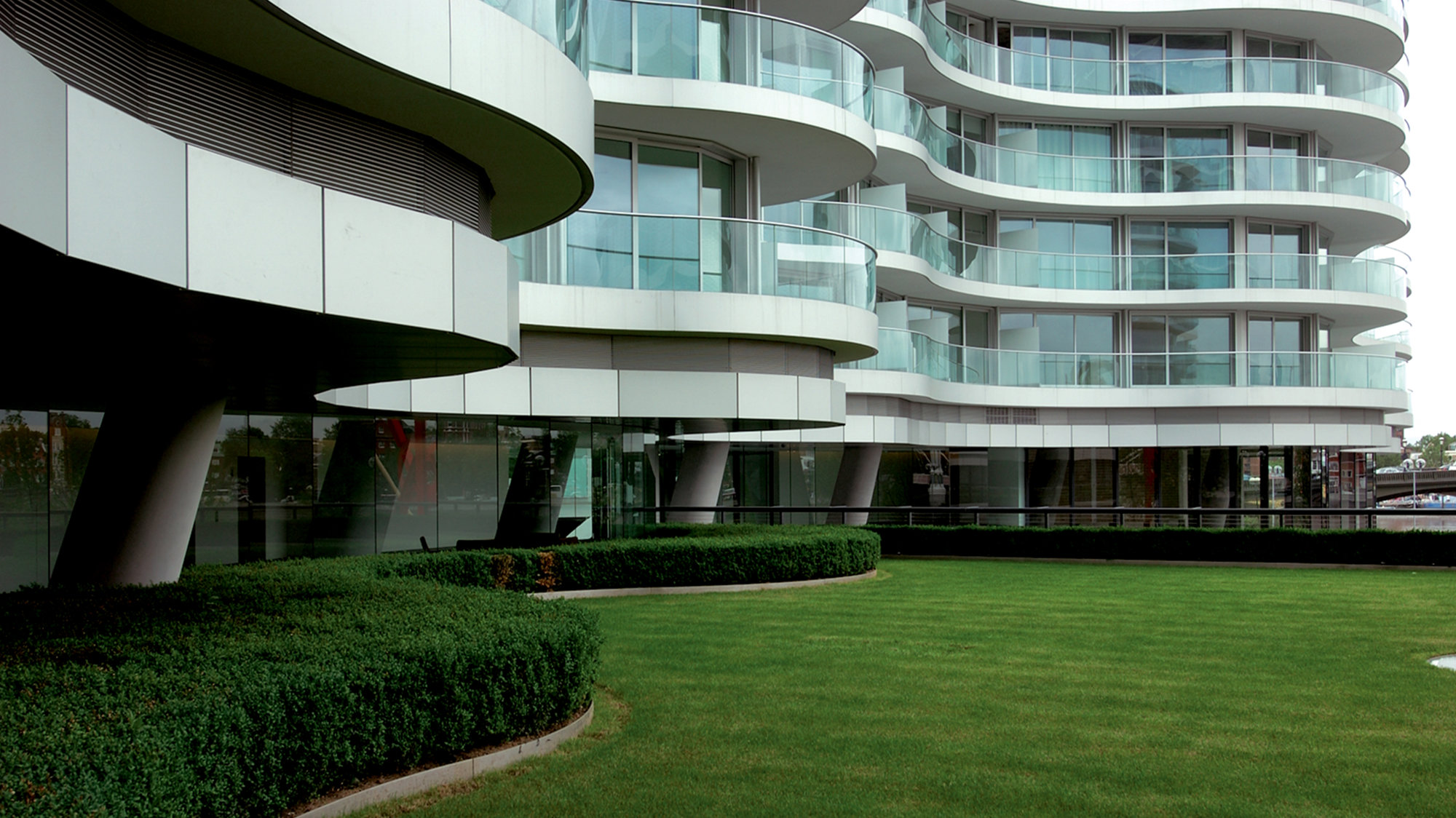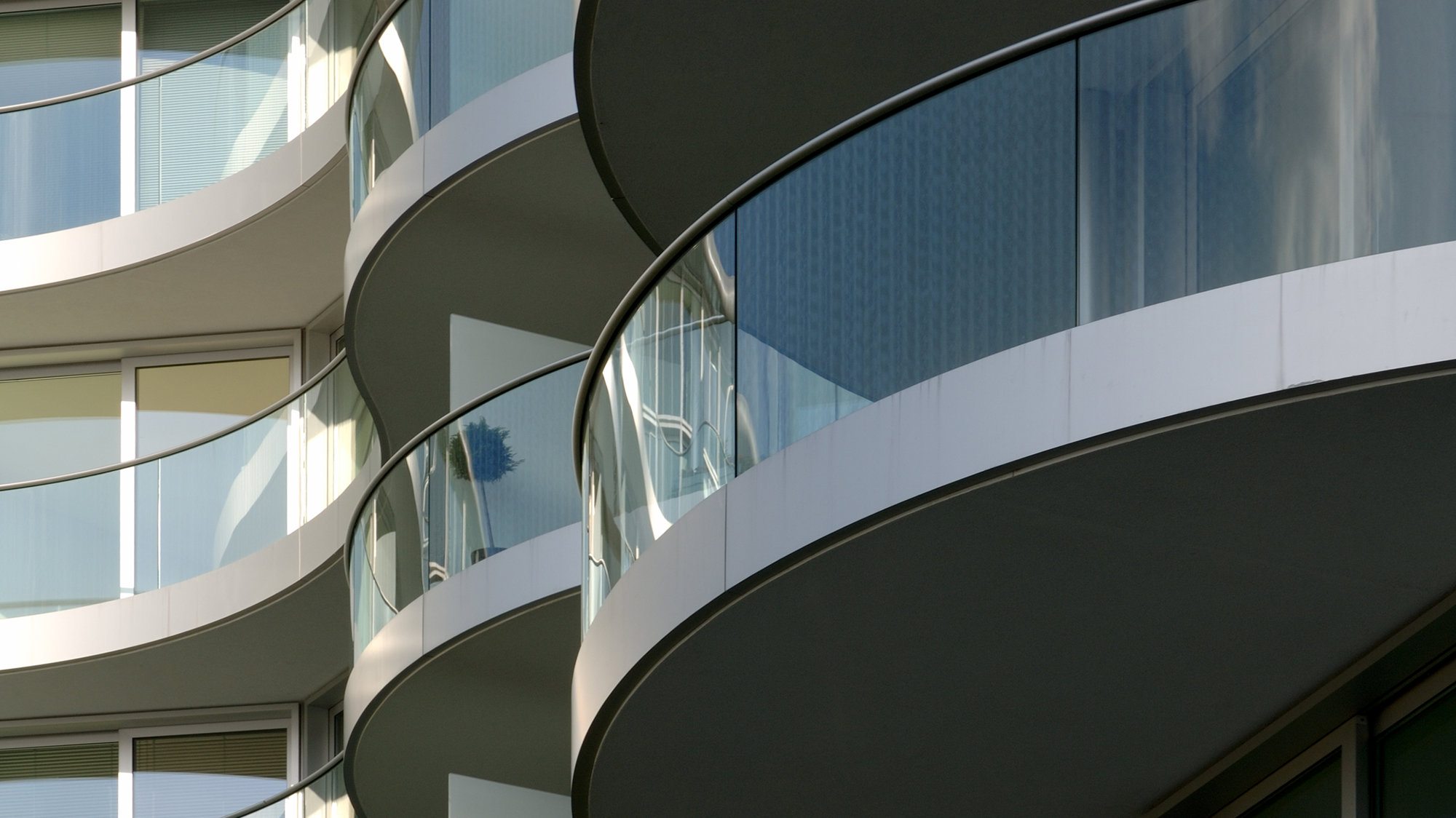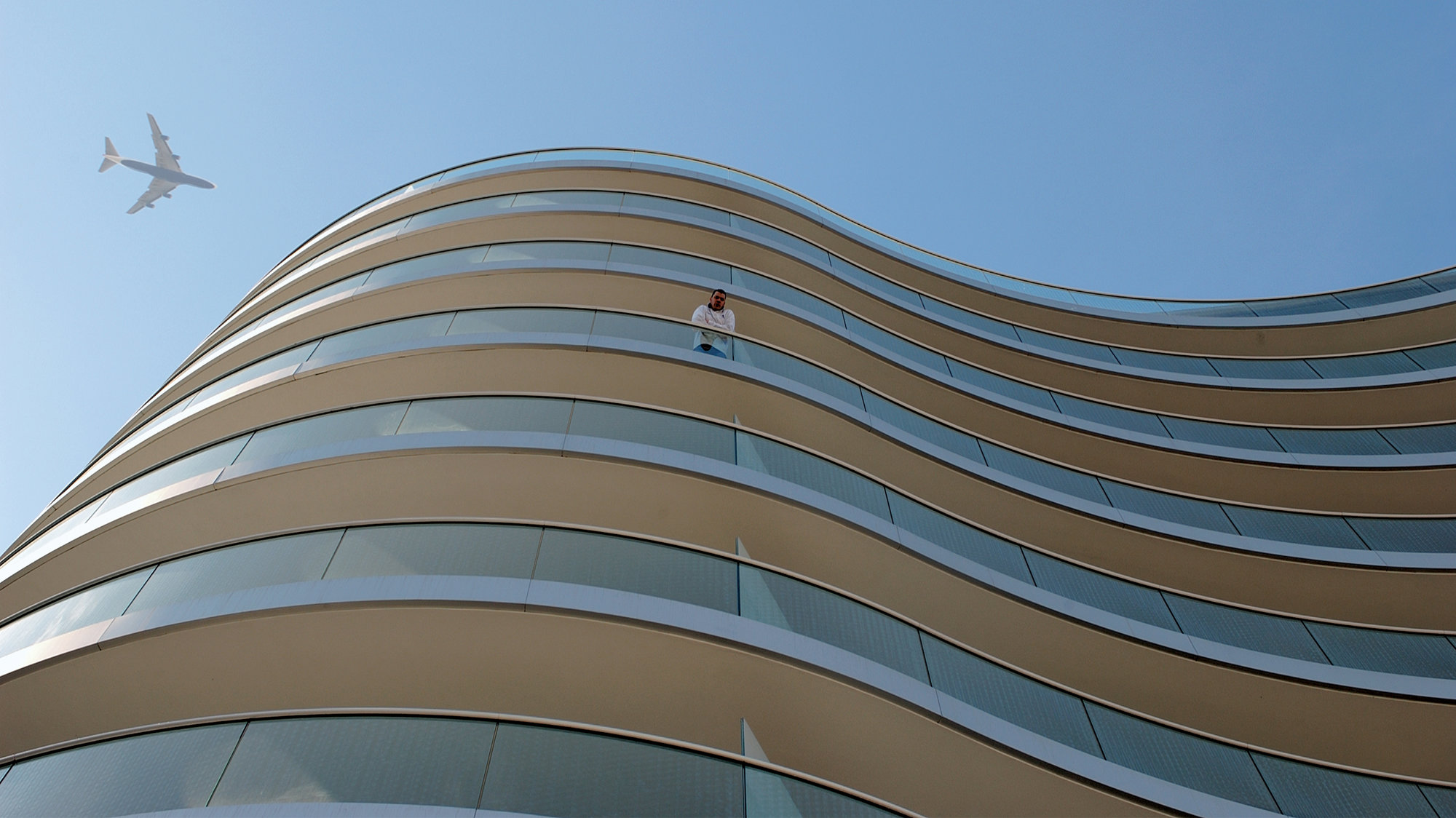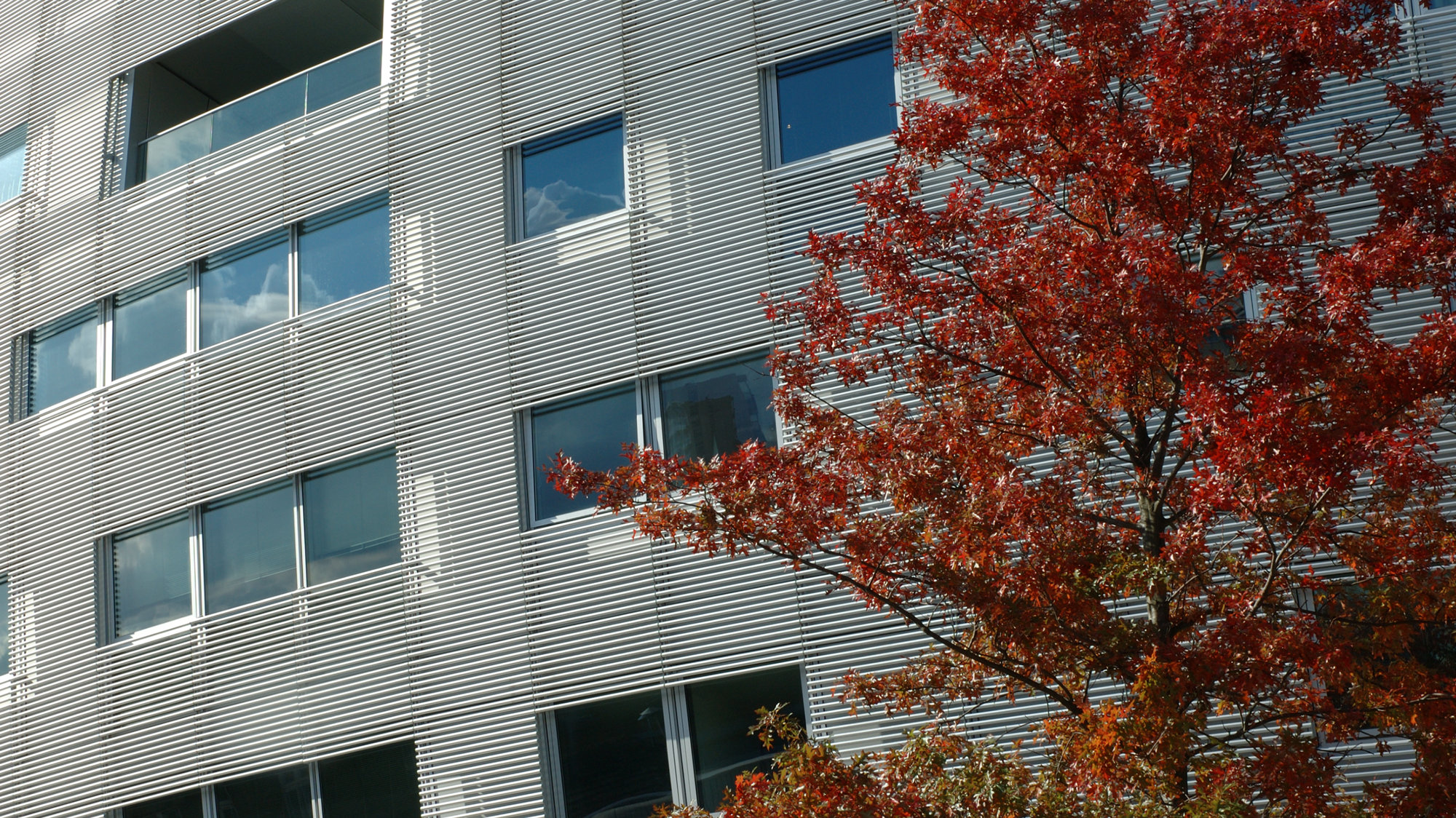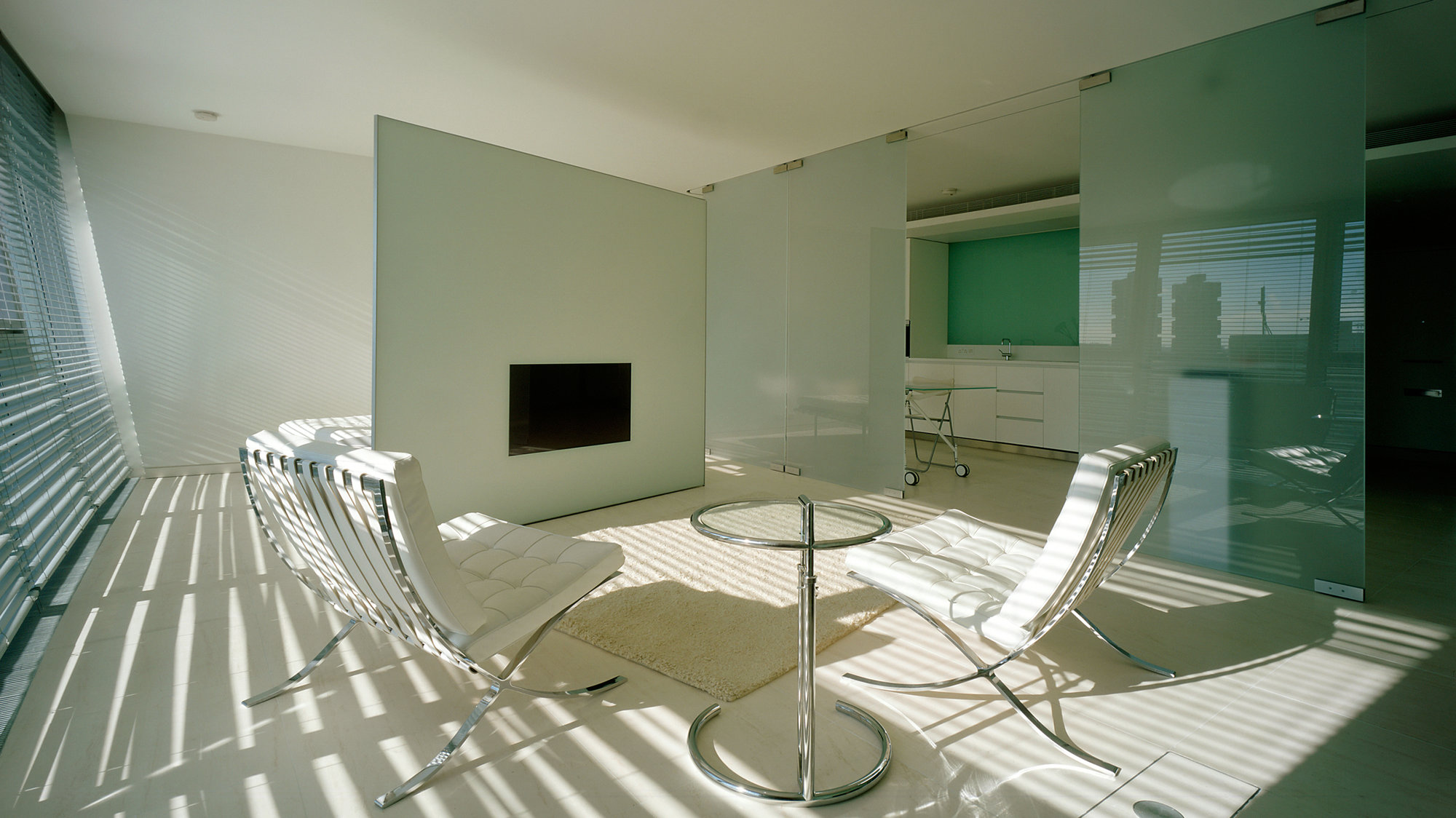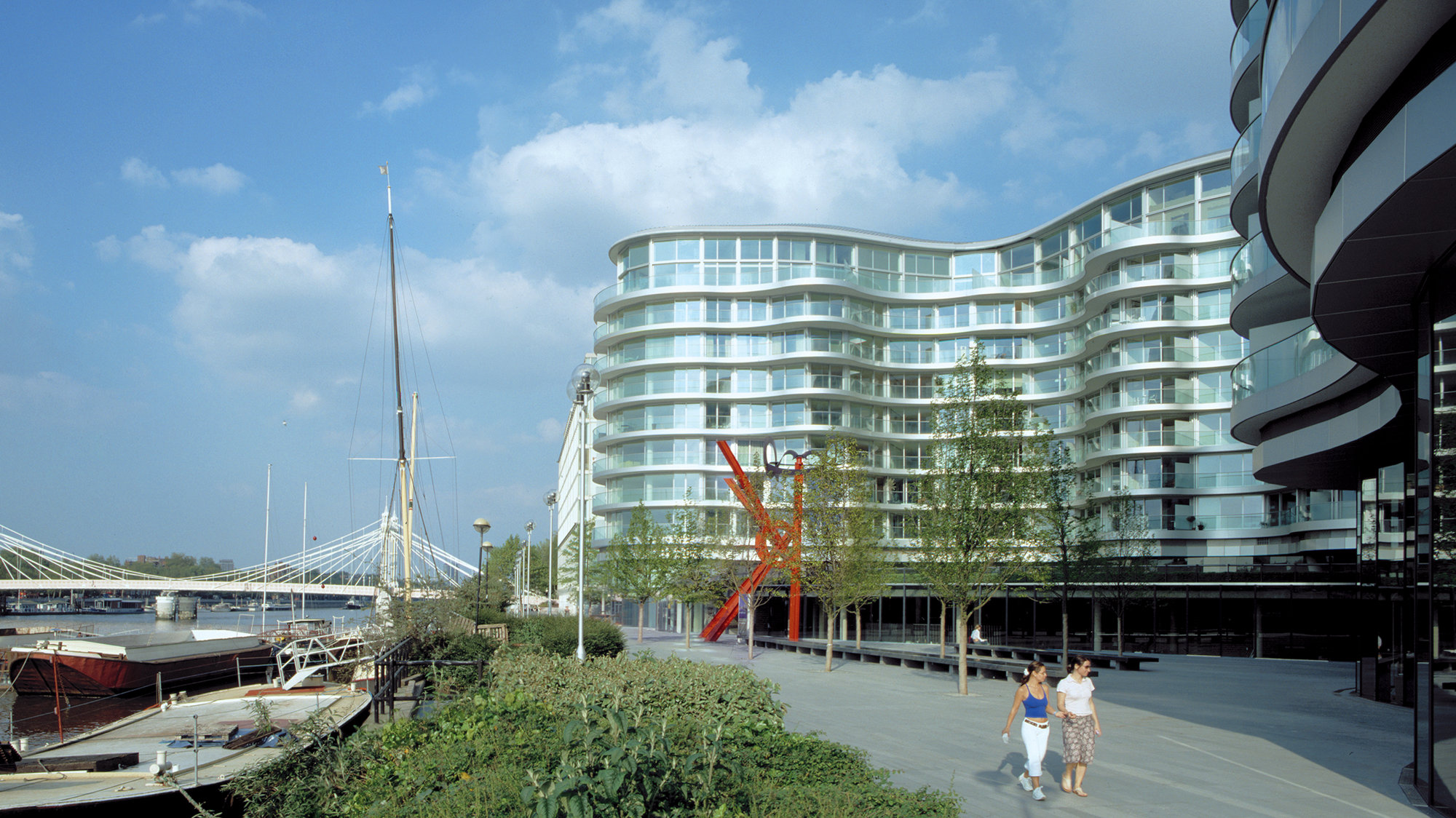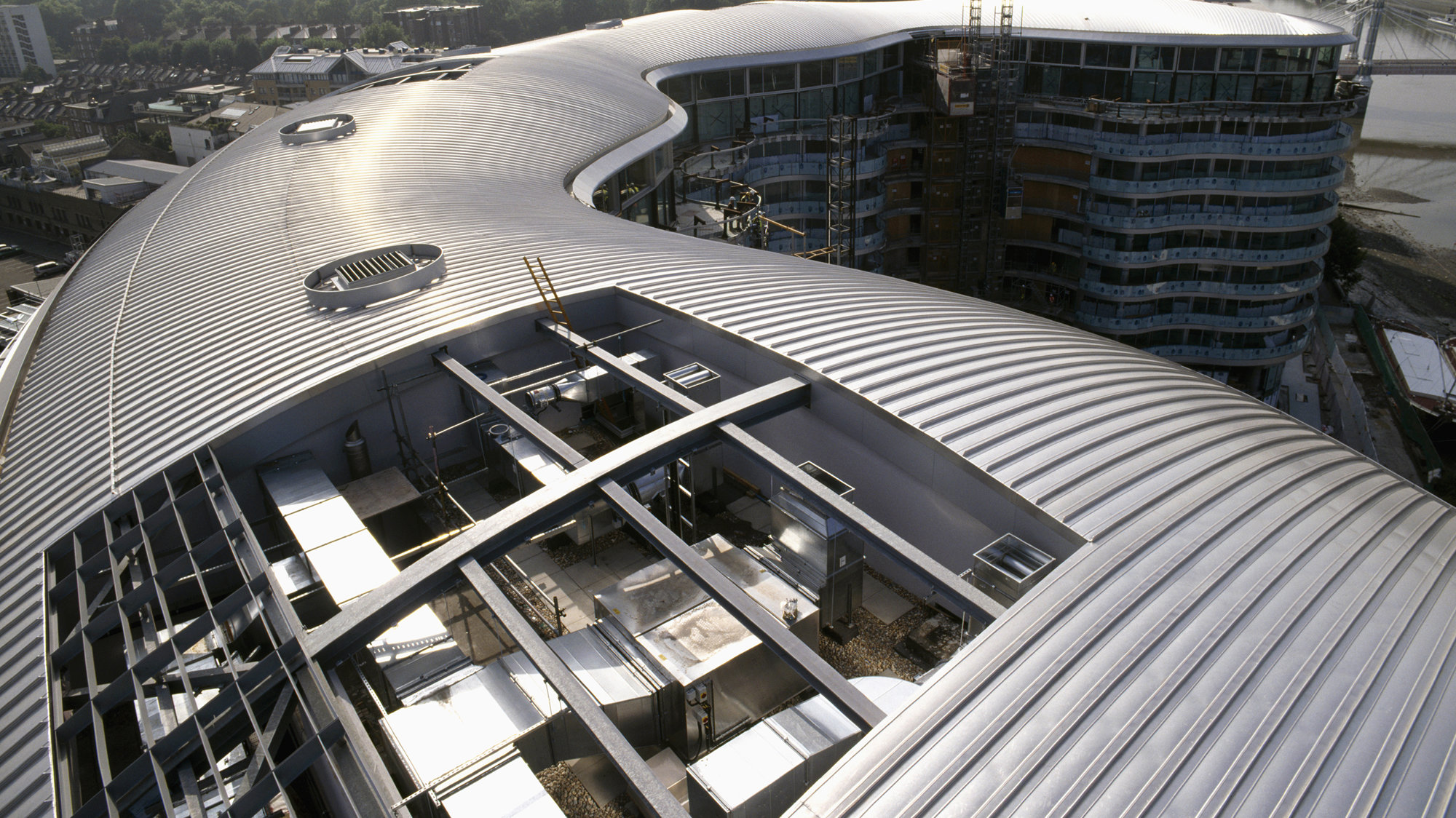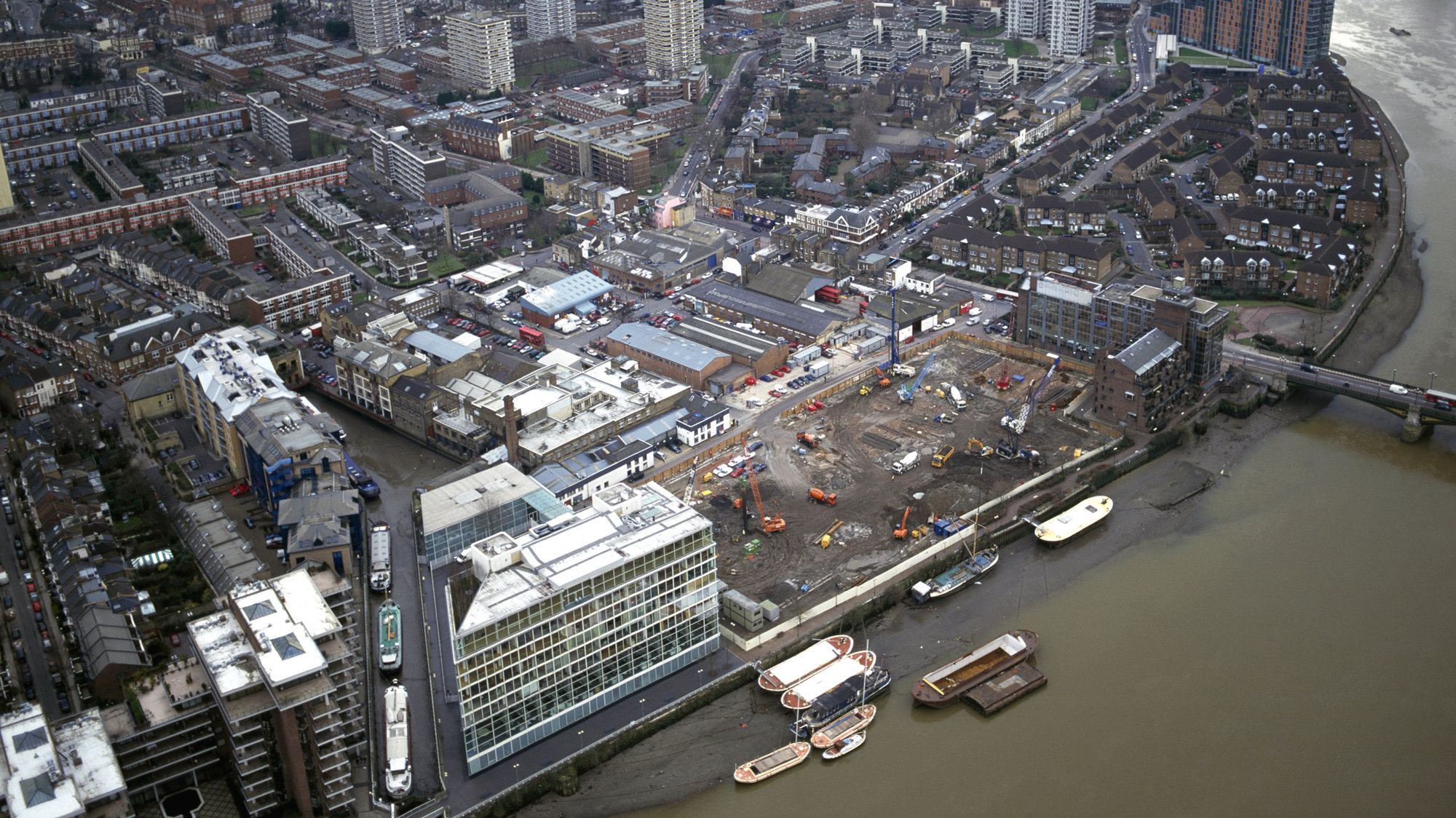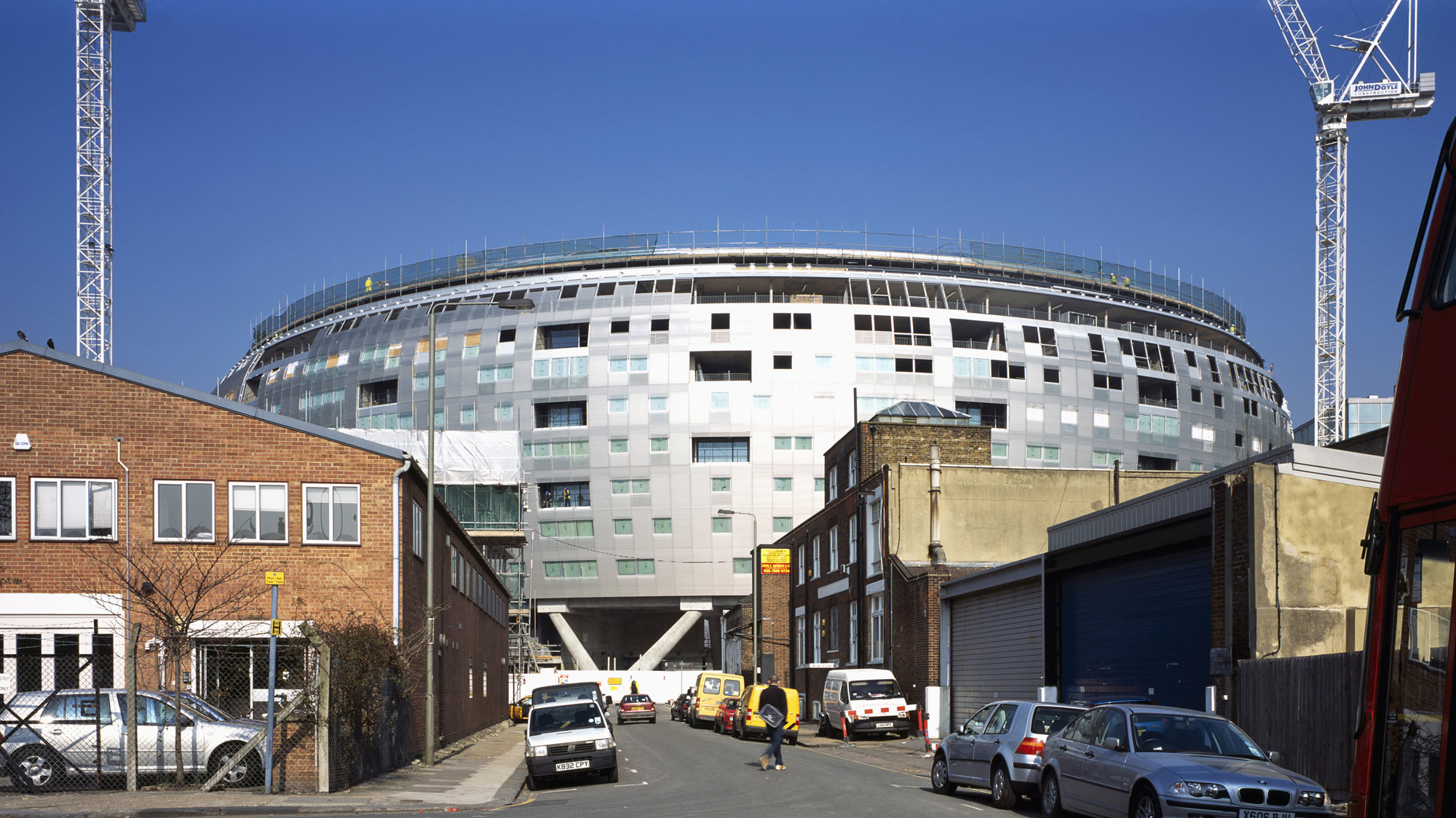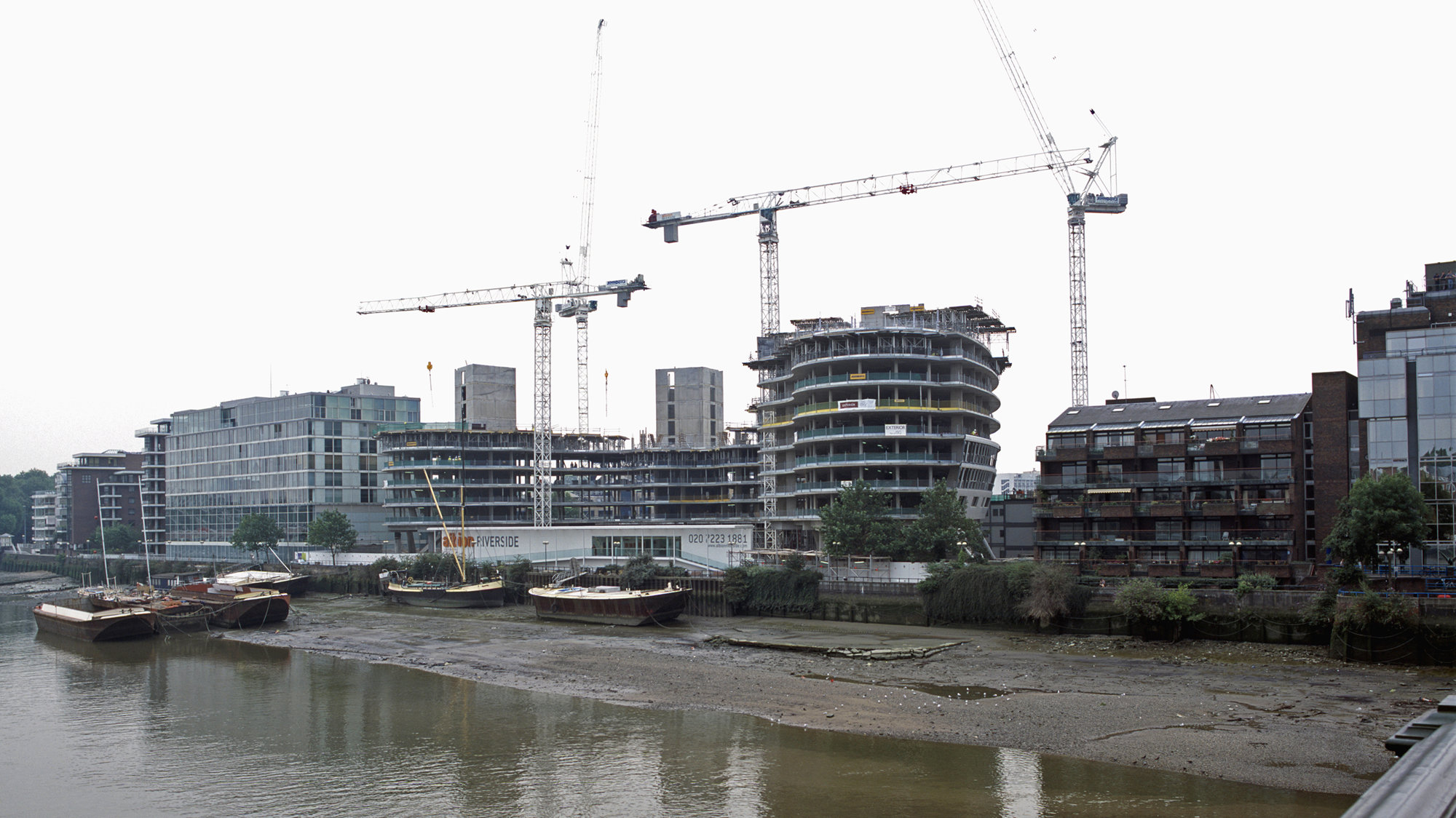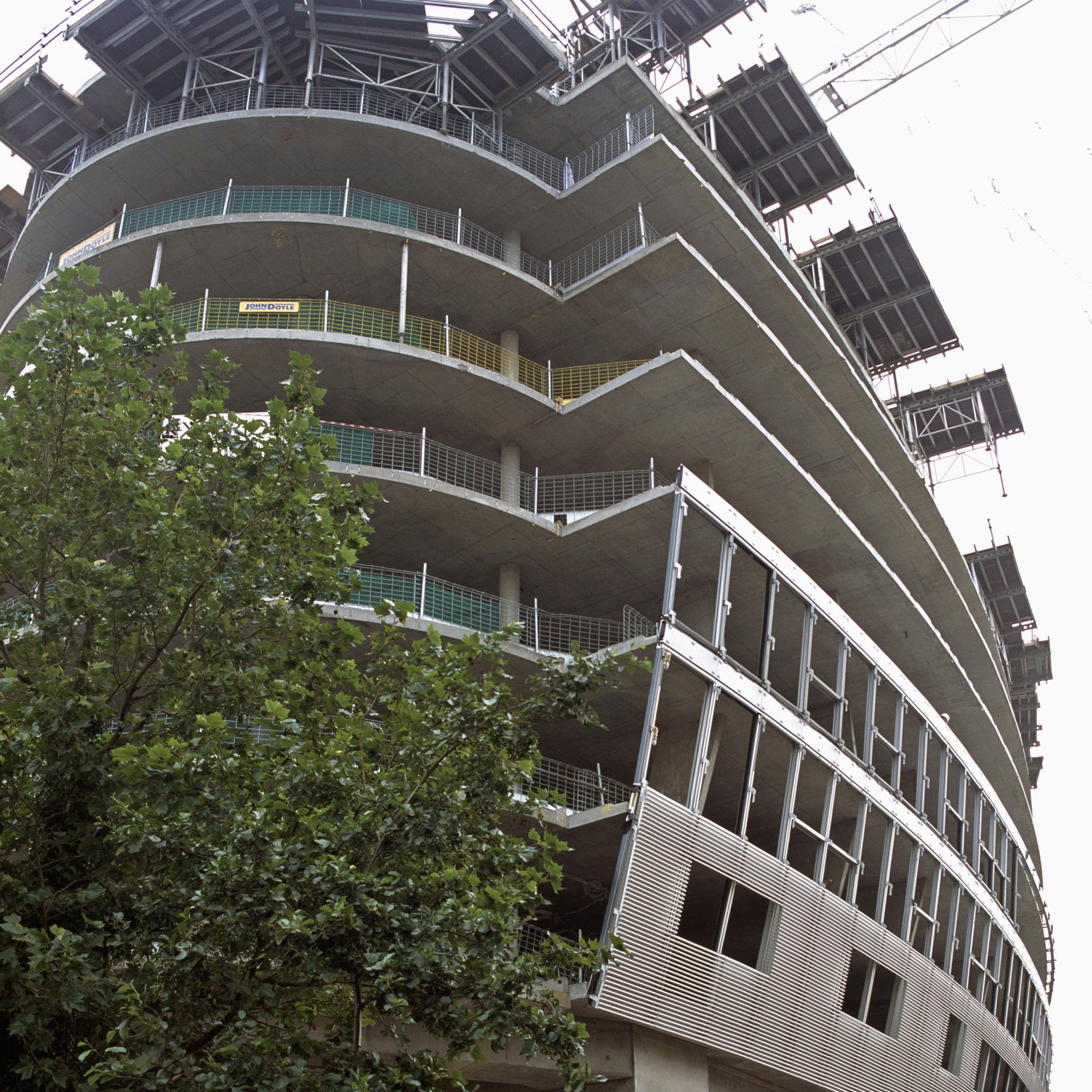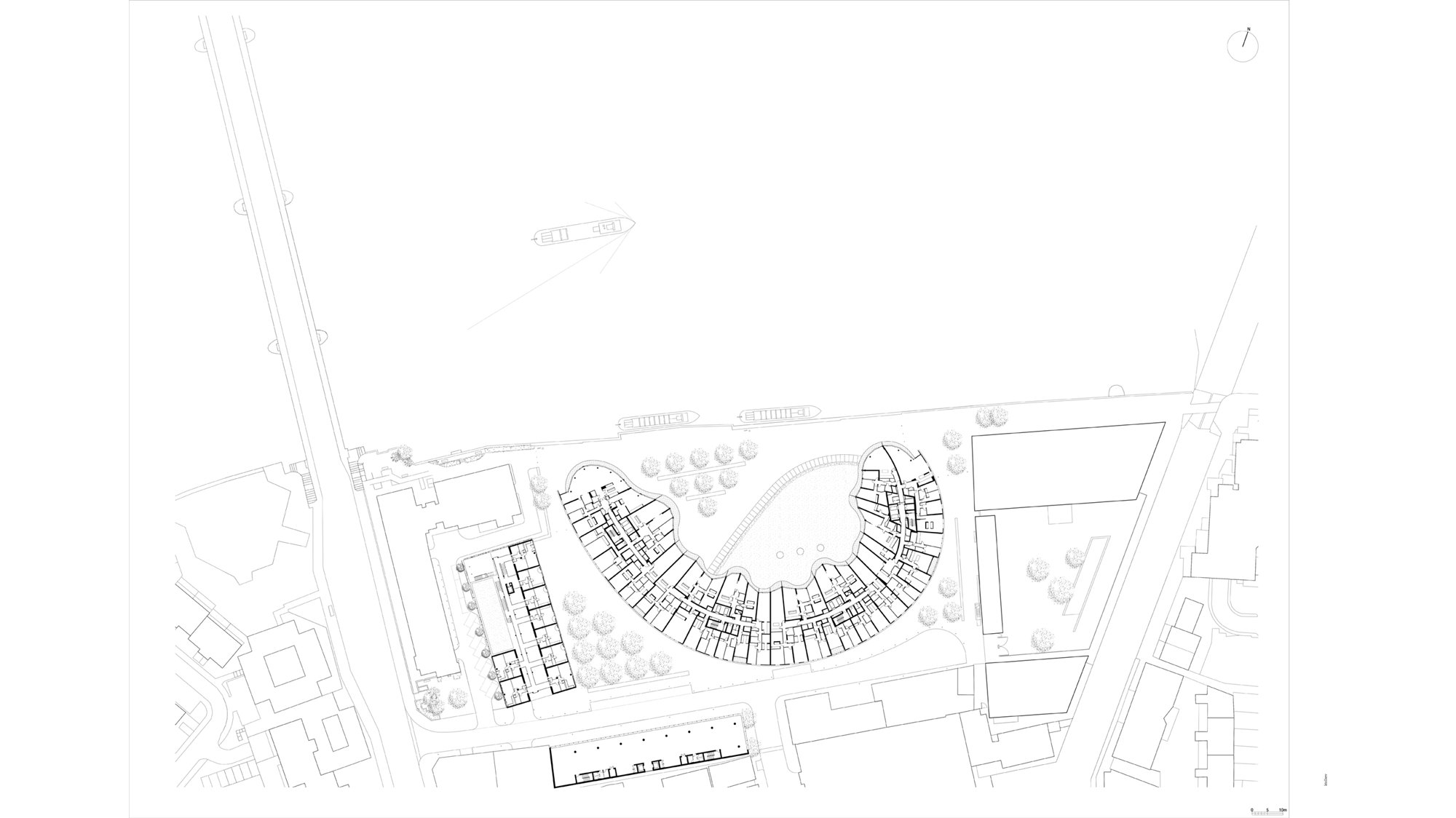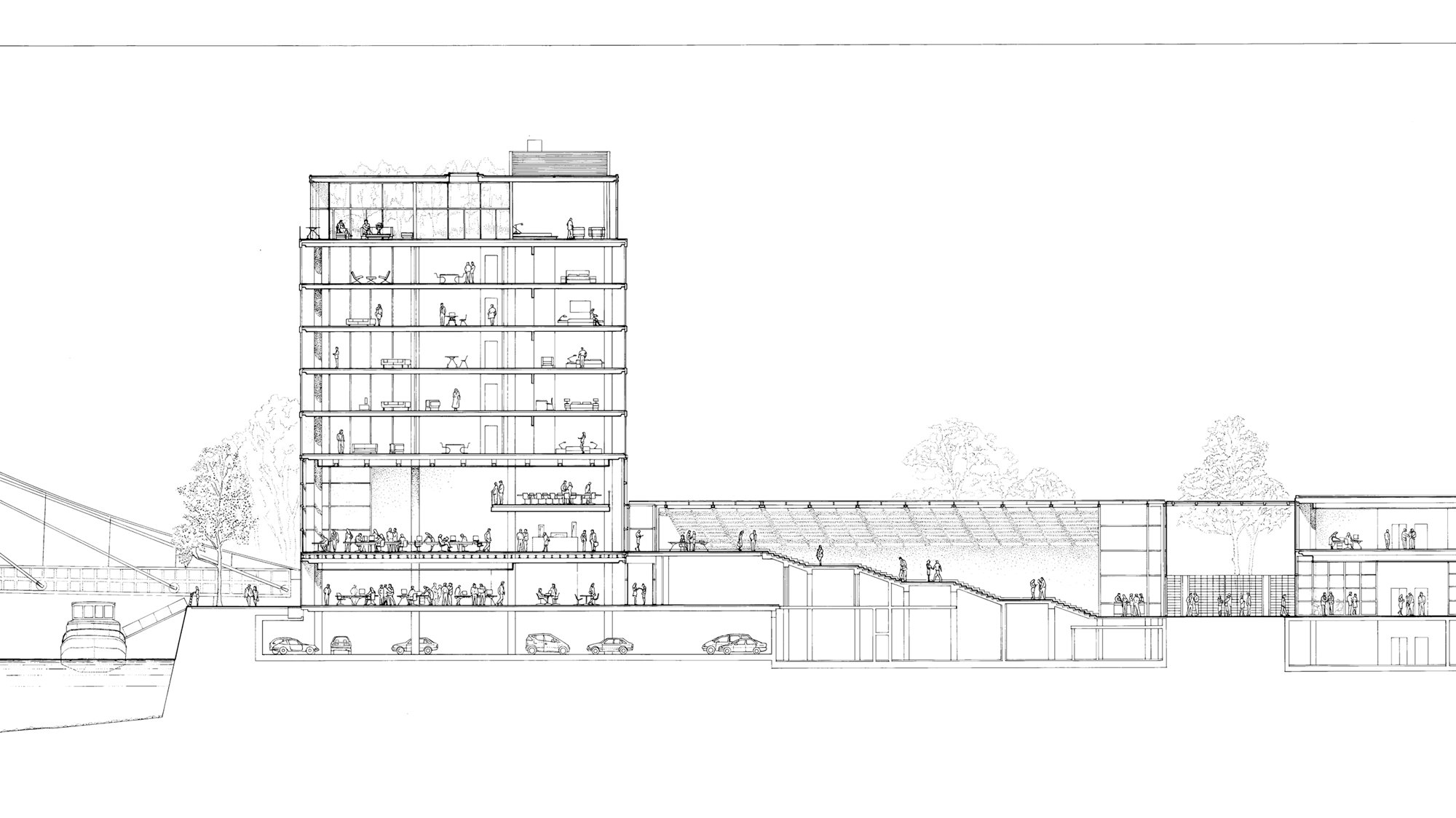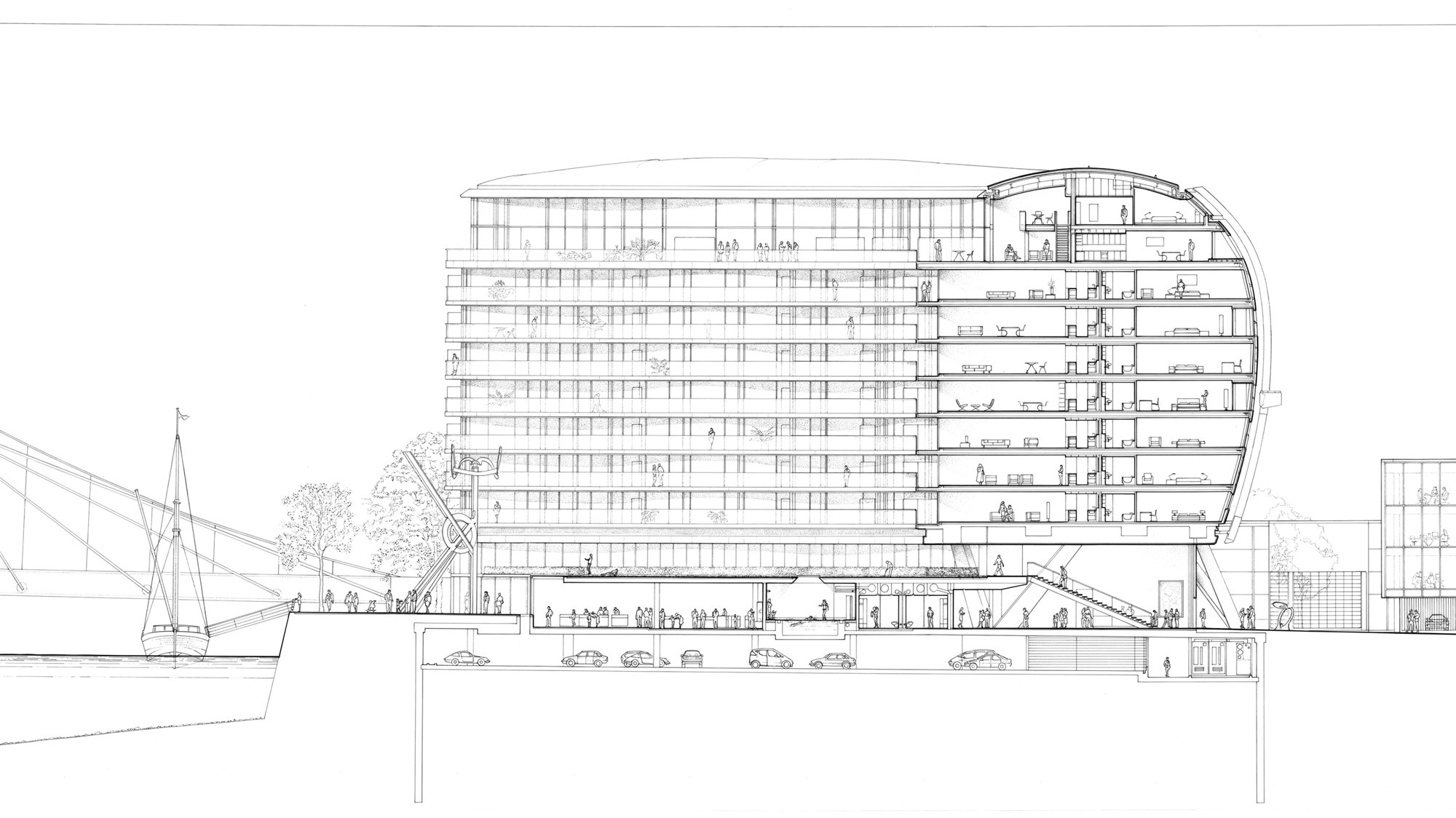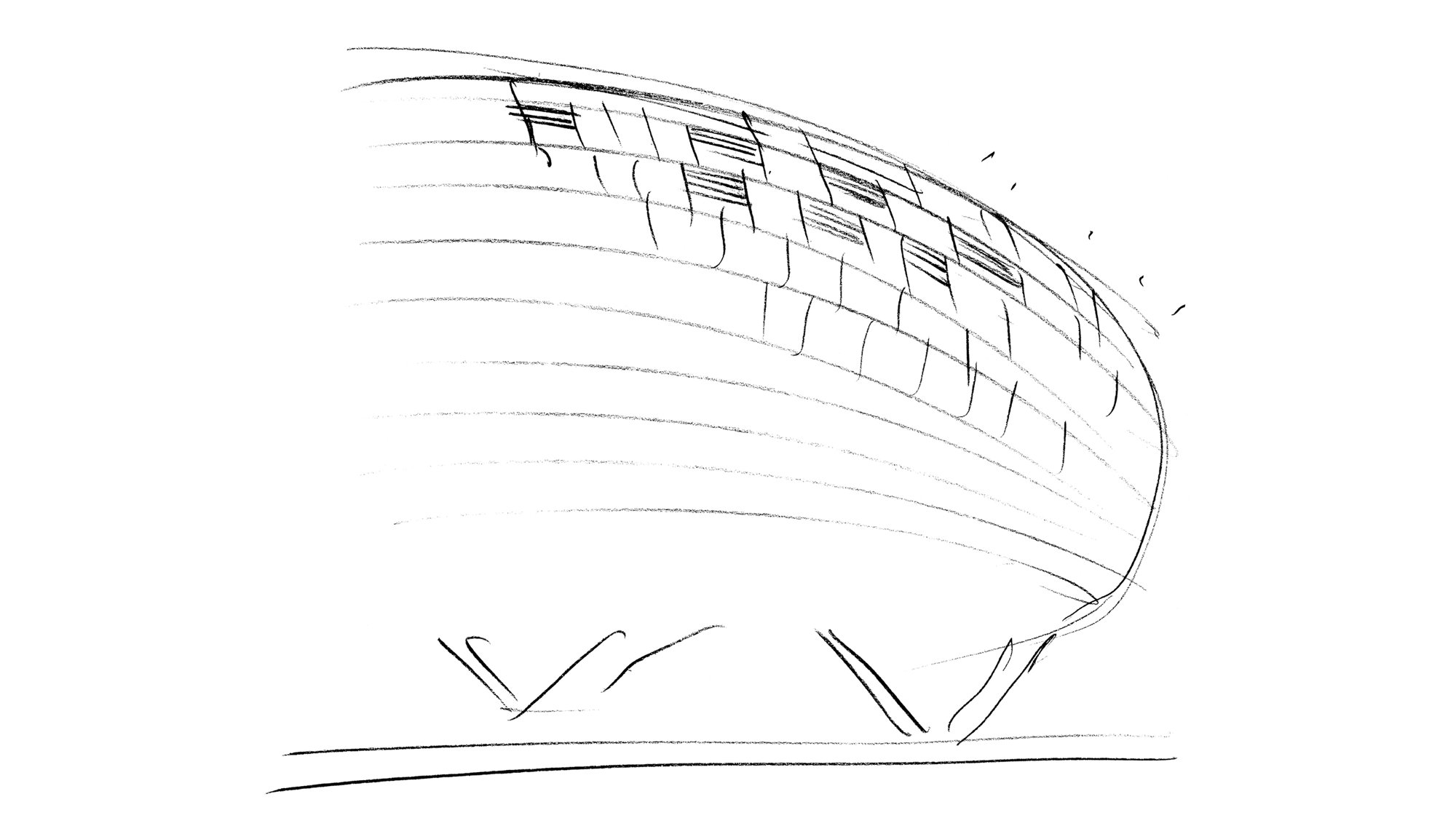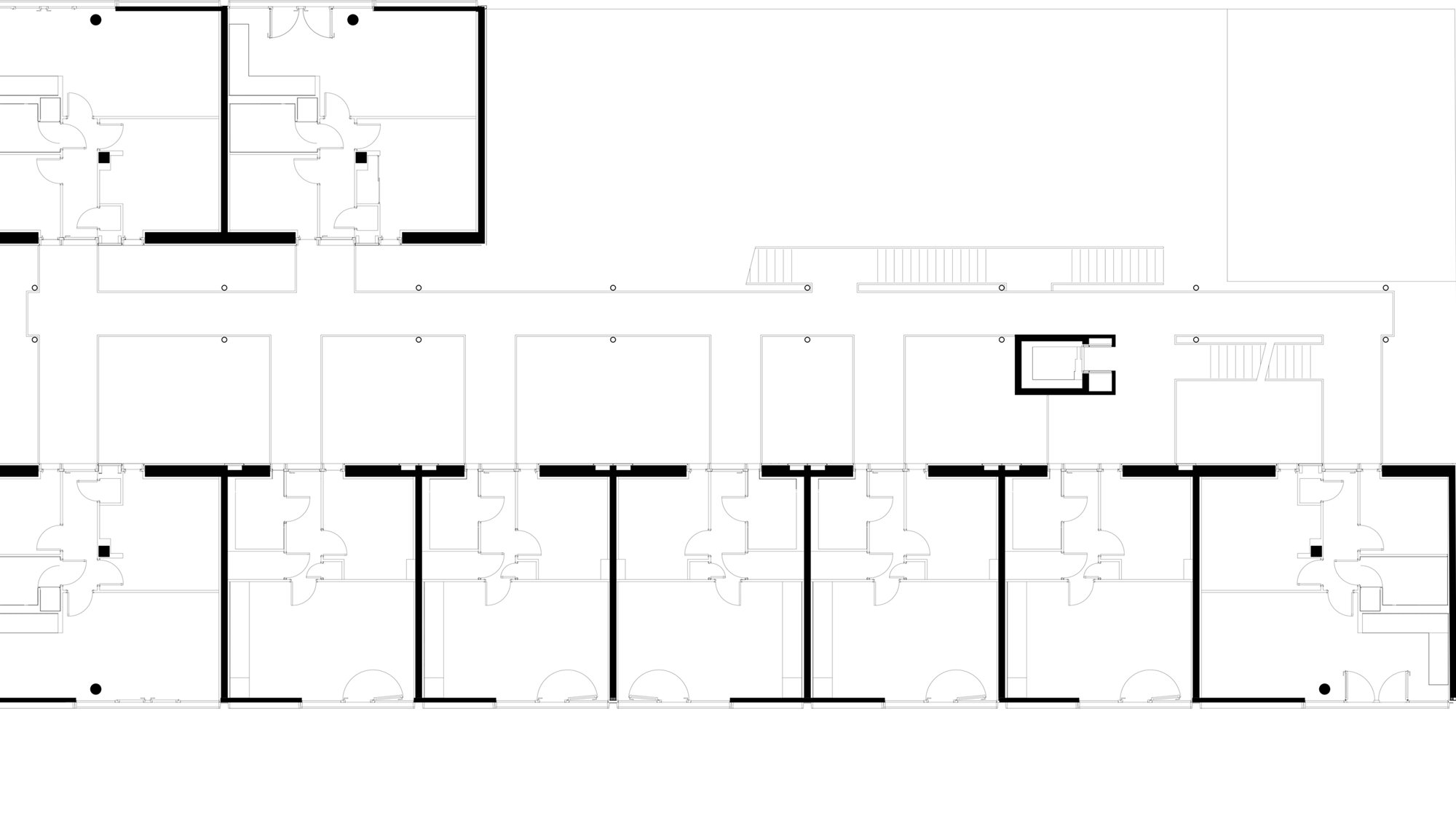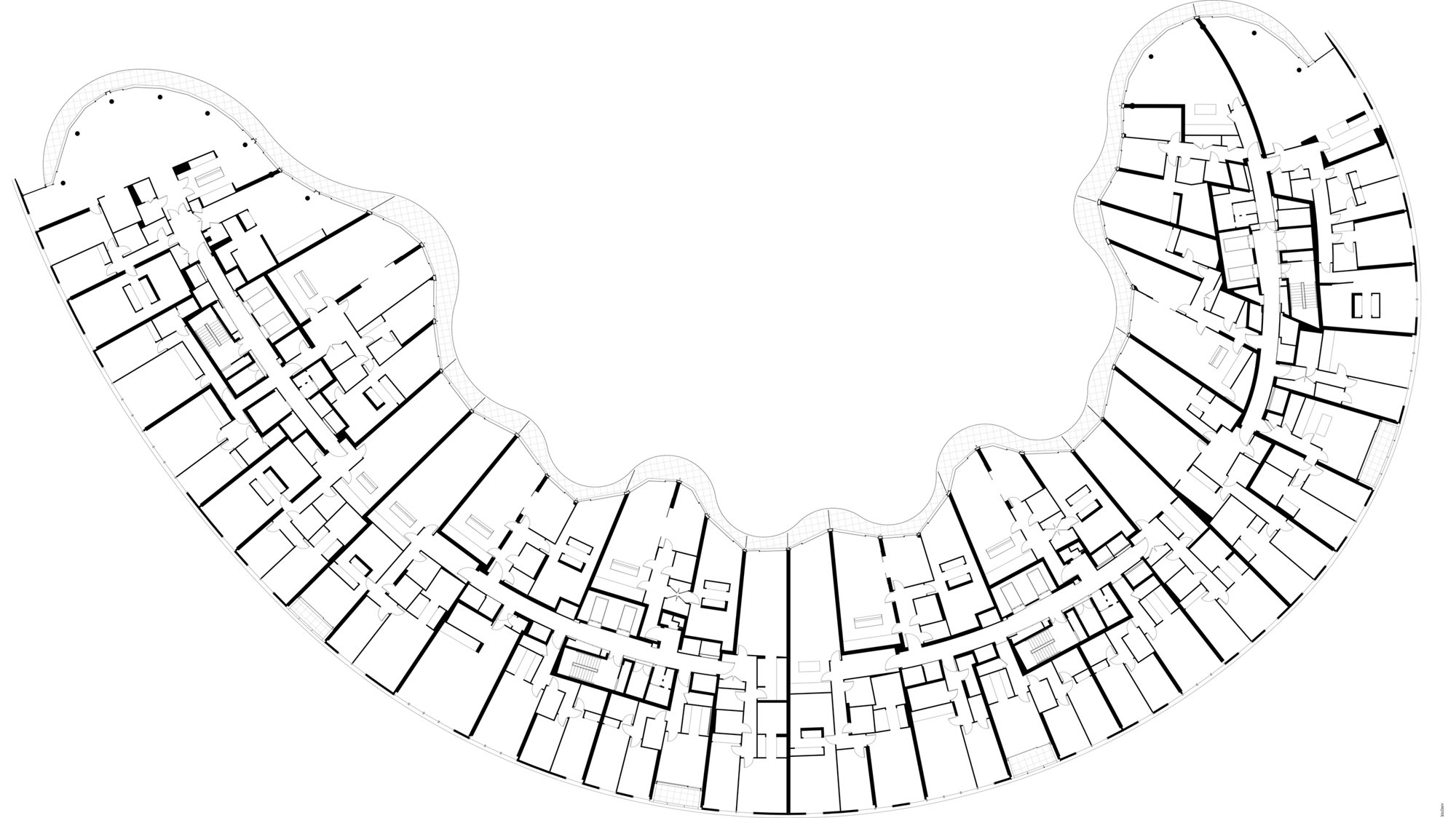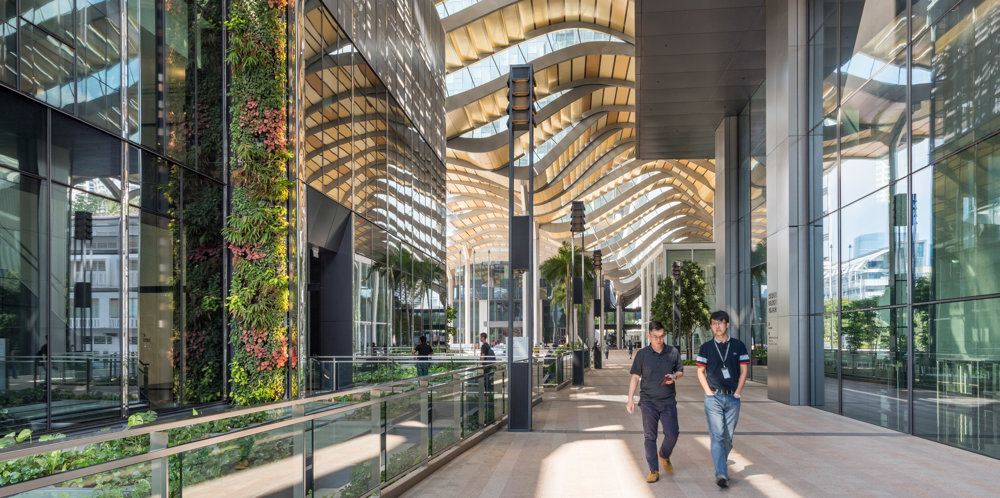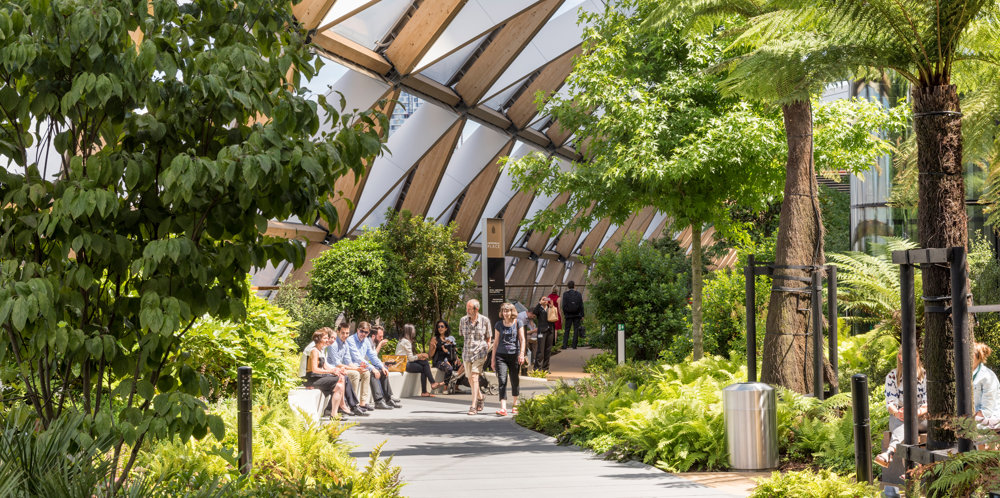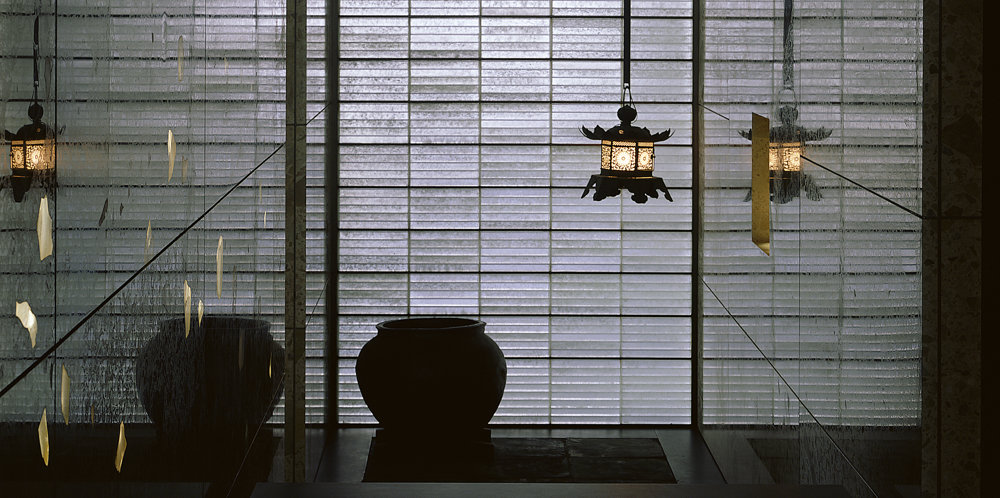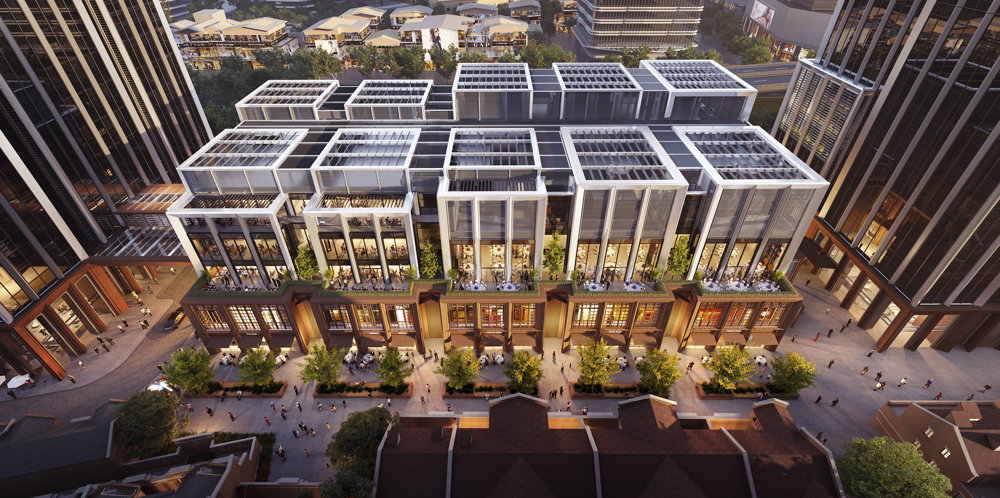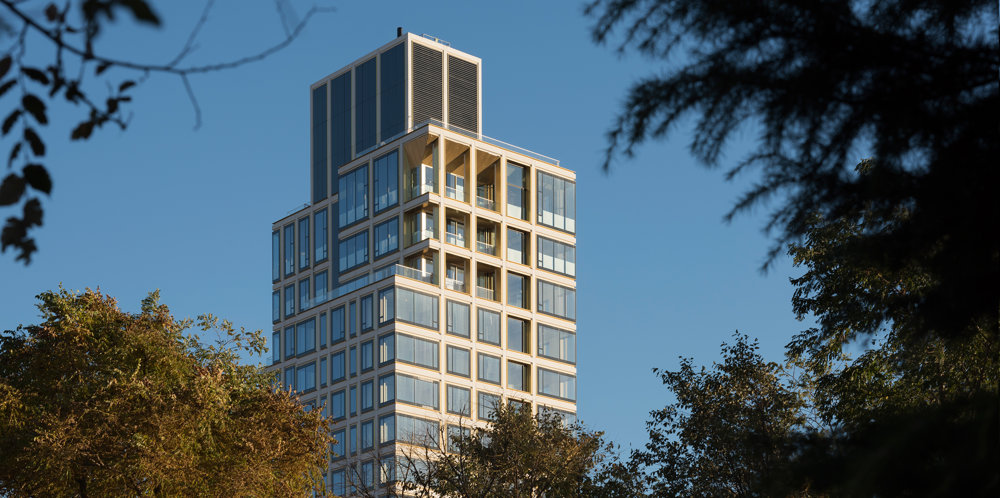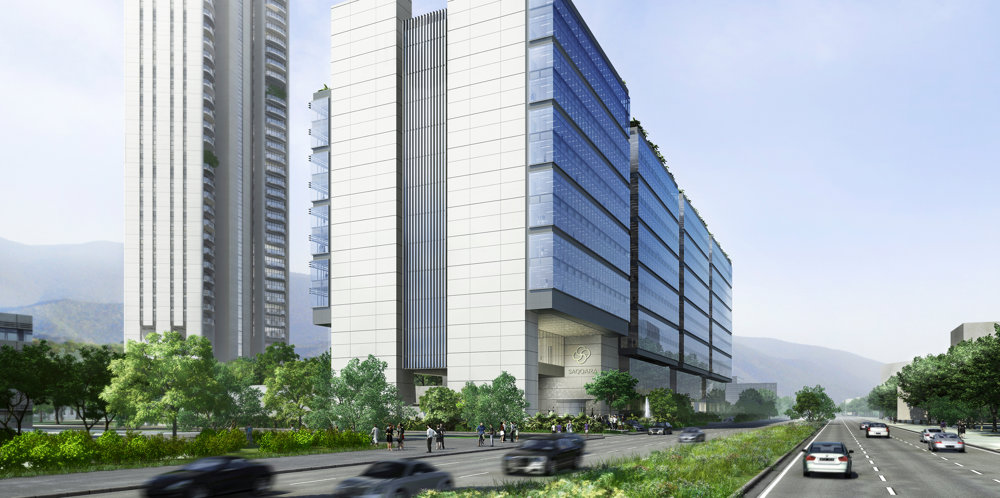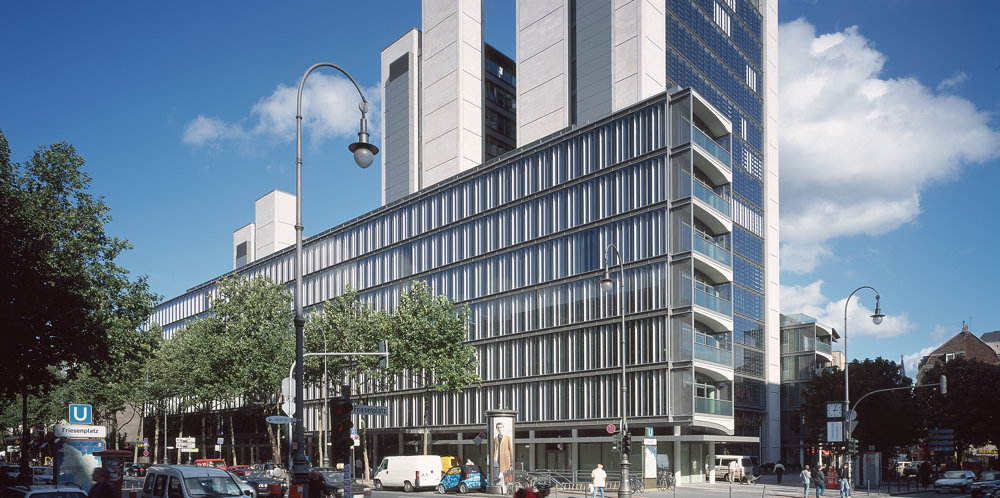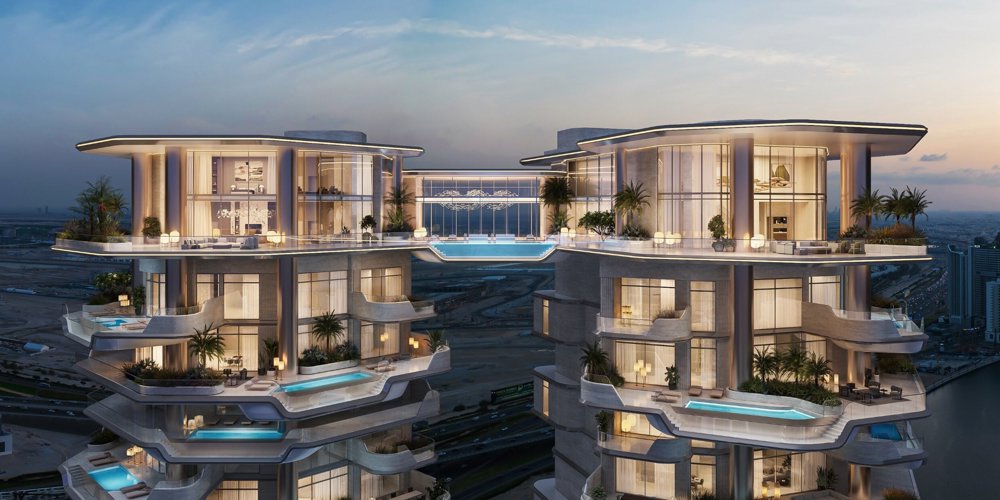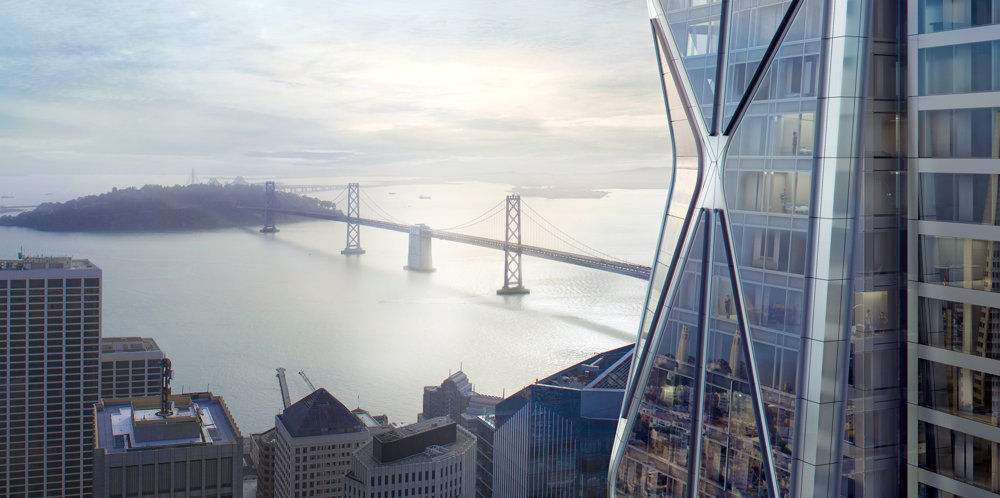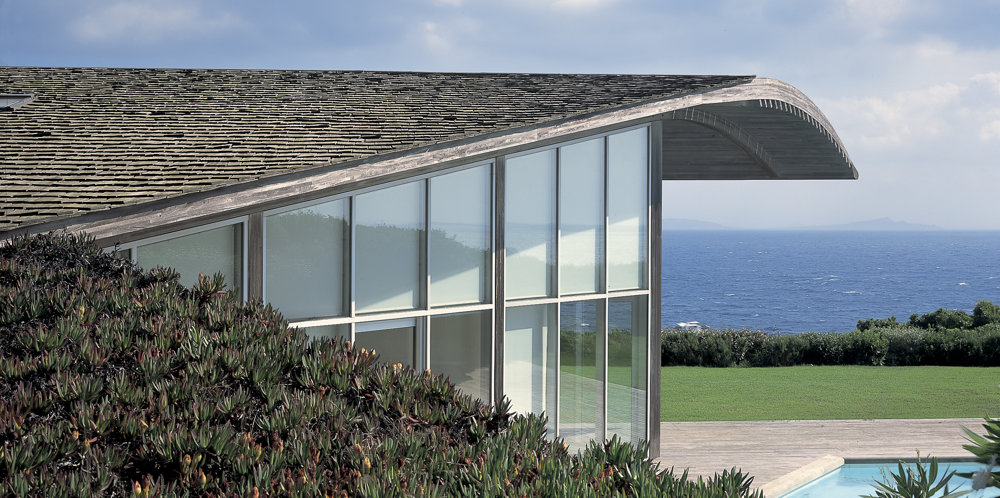View the 360 tour
The development of Albion Riverside reinforces a growing new community on the south bank of the Thames, alongside the Foster studio between Battersea and Albert bridges. A mixed-use development, its ingredients are designed to promote a lively urban quarter where people can live, work and enjoy life in the heart of the city. The scheme comprises four separate buildings linked by new public spaces and routes. Shops, business spaces, cafés and leisure facilities are grouped at ground level, with parking below and apartments, including low-cost housing, above.
The principal building on the waterfront is eleven storeys high. Its massing is designed to respect the heights of neighbouring buildings and to frame the view of the river from the opposite bank. Arcing back from the water's edge, the building forms an asymmetrical crescent to create a public space alongside the river walk. The facades are principally of glass, creating elevations that vary in appearance and sparkle according to prevailing light conditions and changing viewpoints. On the river facade, curved balconies with glass balustrades are accessed through full-height sliding glazed panels, which allow the apartments to open out on to the water. The strong horizontal line of the balconies reinforces a sense of visual order, allowing the clutter of inhabitation to proliferate but not dominate. The southern facade, in contrast, is veiled in a fine net of aluminium rods and pierced by recessed balconies and windows. The roof continues the building's curving form, wrapping over and around in a single sweep.
A typical floor in this building contains twenty-six apartments, arranged around four service cores. In total there are 183 apartments, ranging from one to four bedrooms, and twelve duplex penthouses. Informing all of the apartment layouts is a sense of flexibility − sliding partitions allow spaces to be opened up or divided for different uses, while balconies offer an extension of living spaces and are deep enough to encourage outdoor dining.
